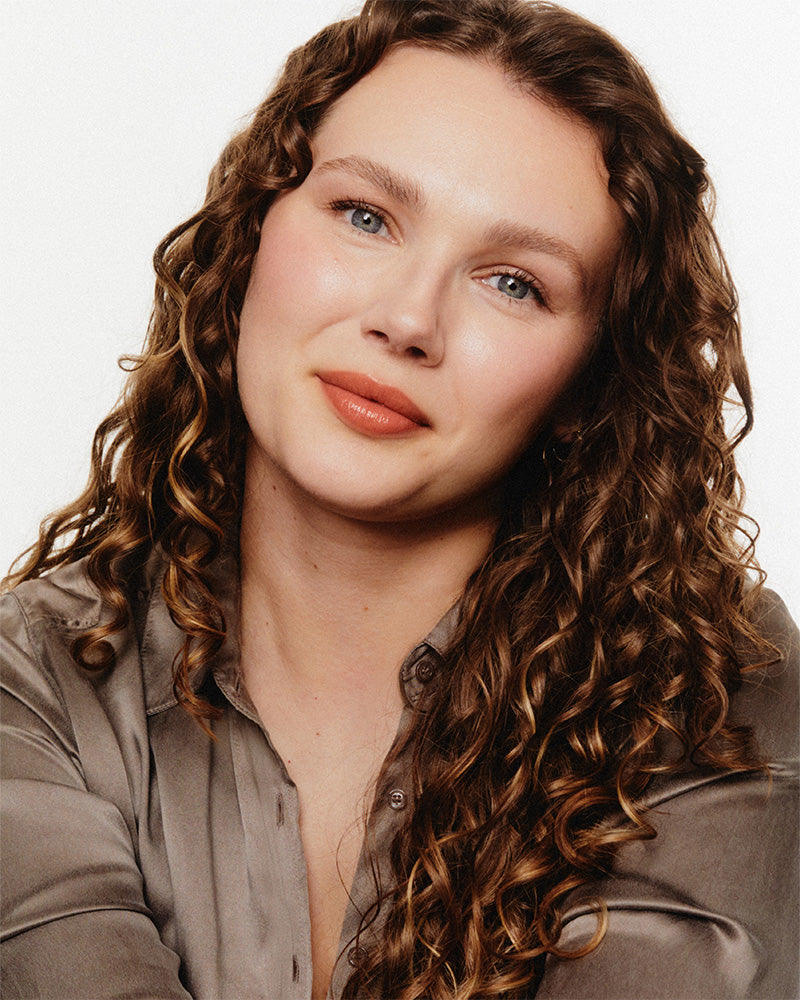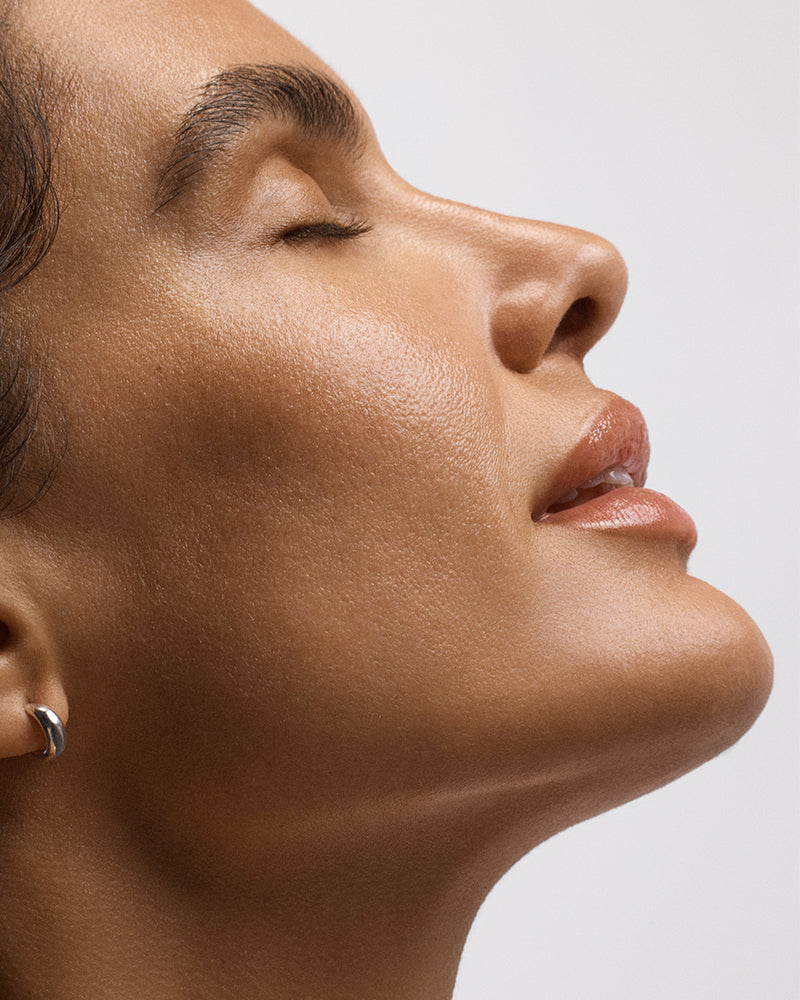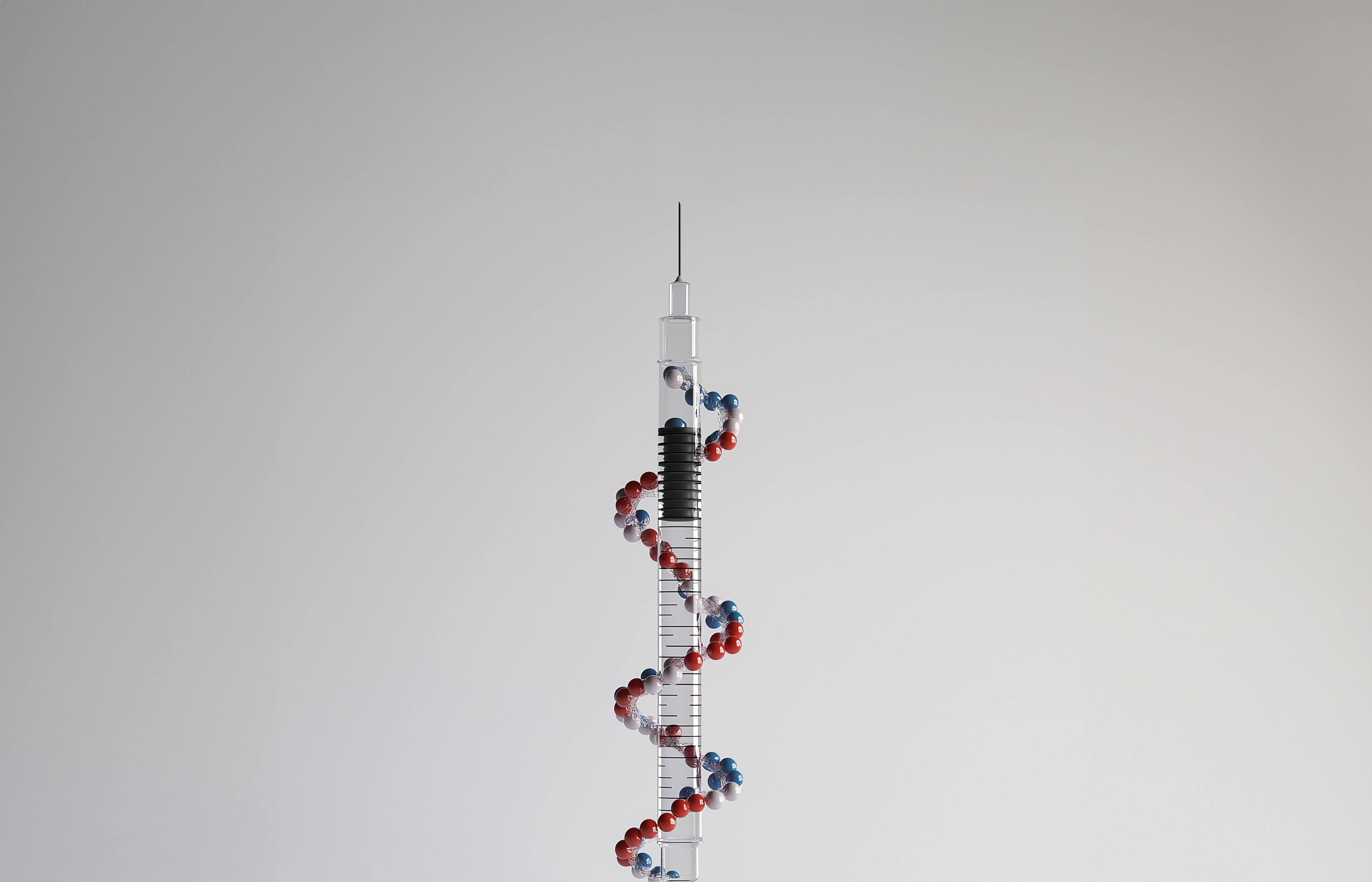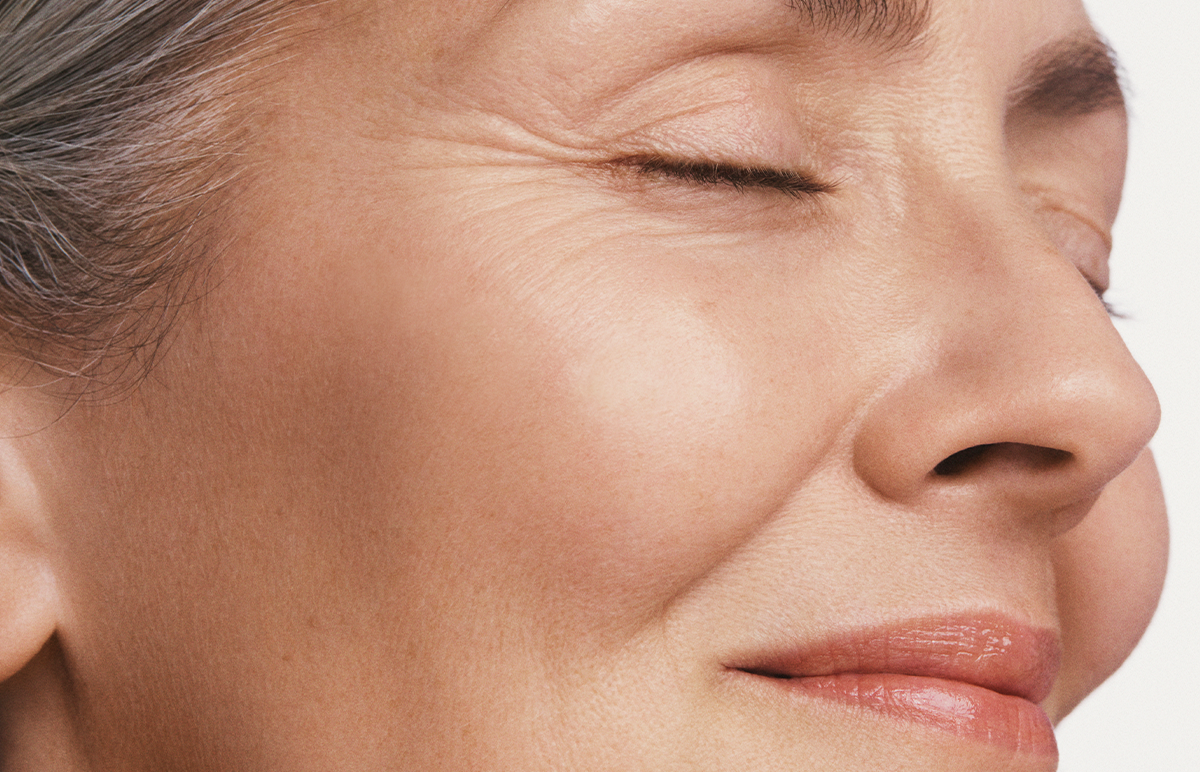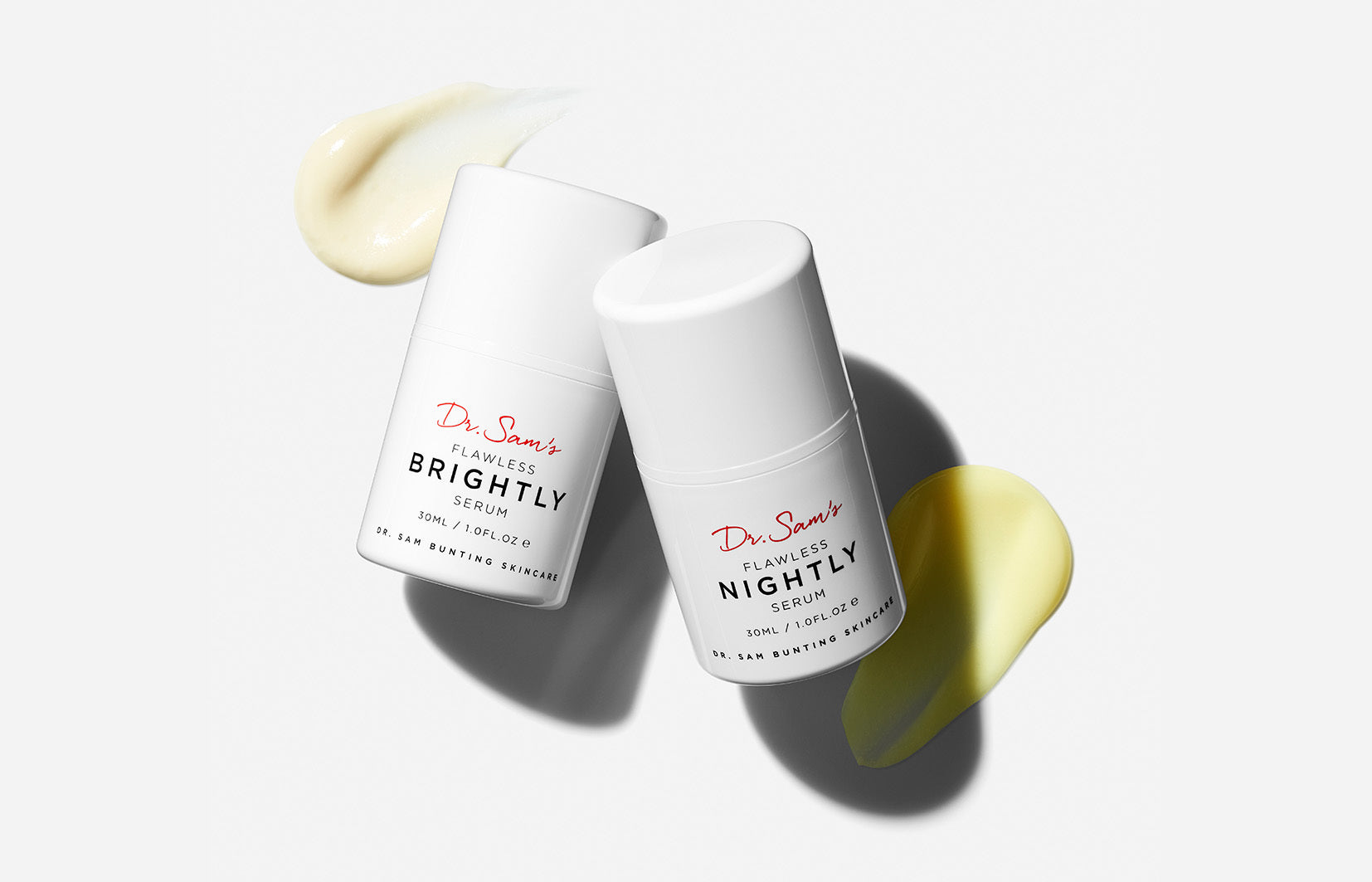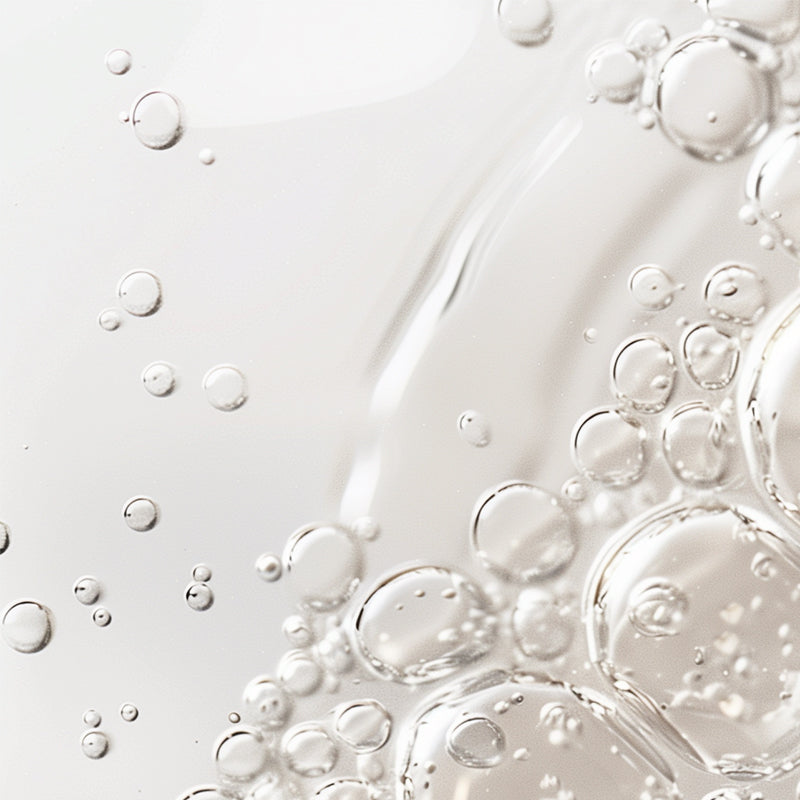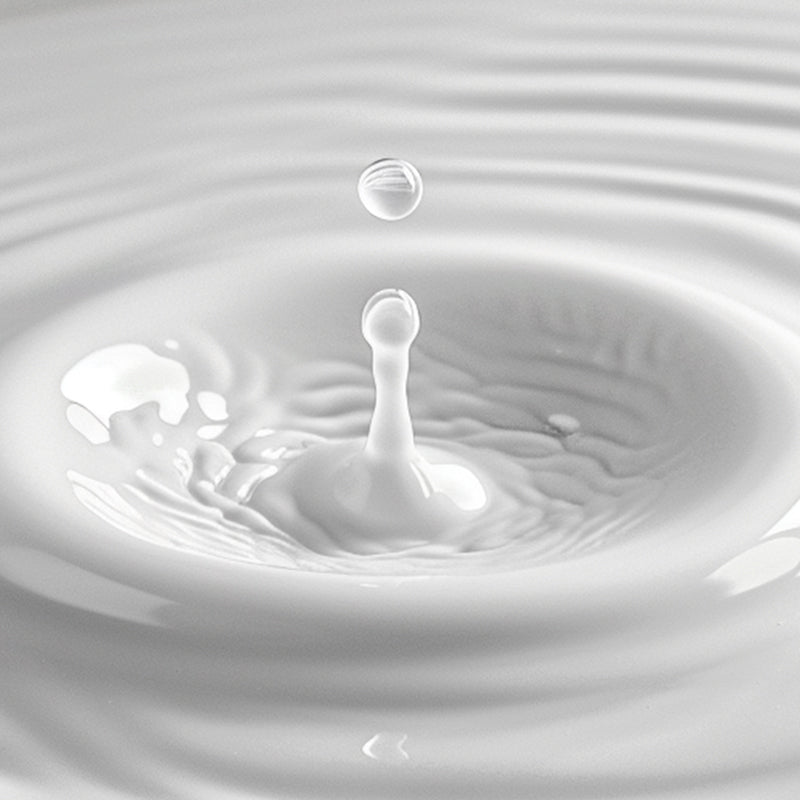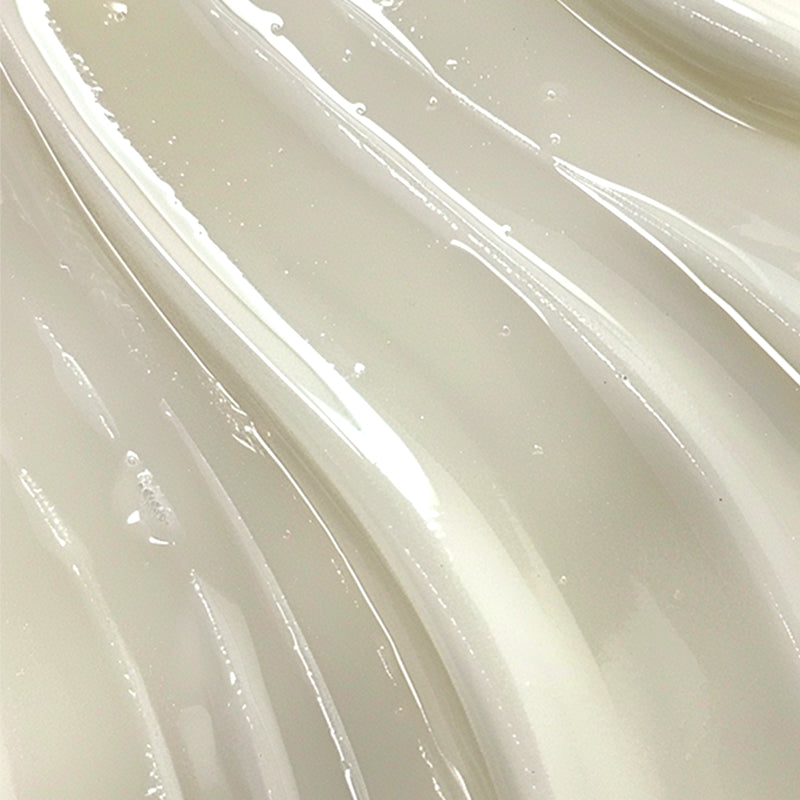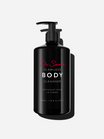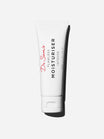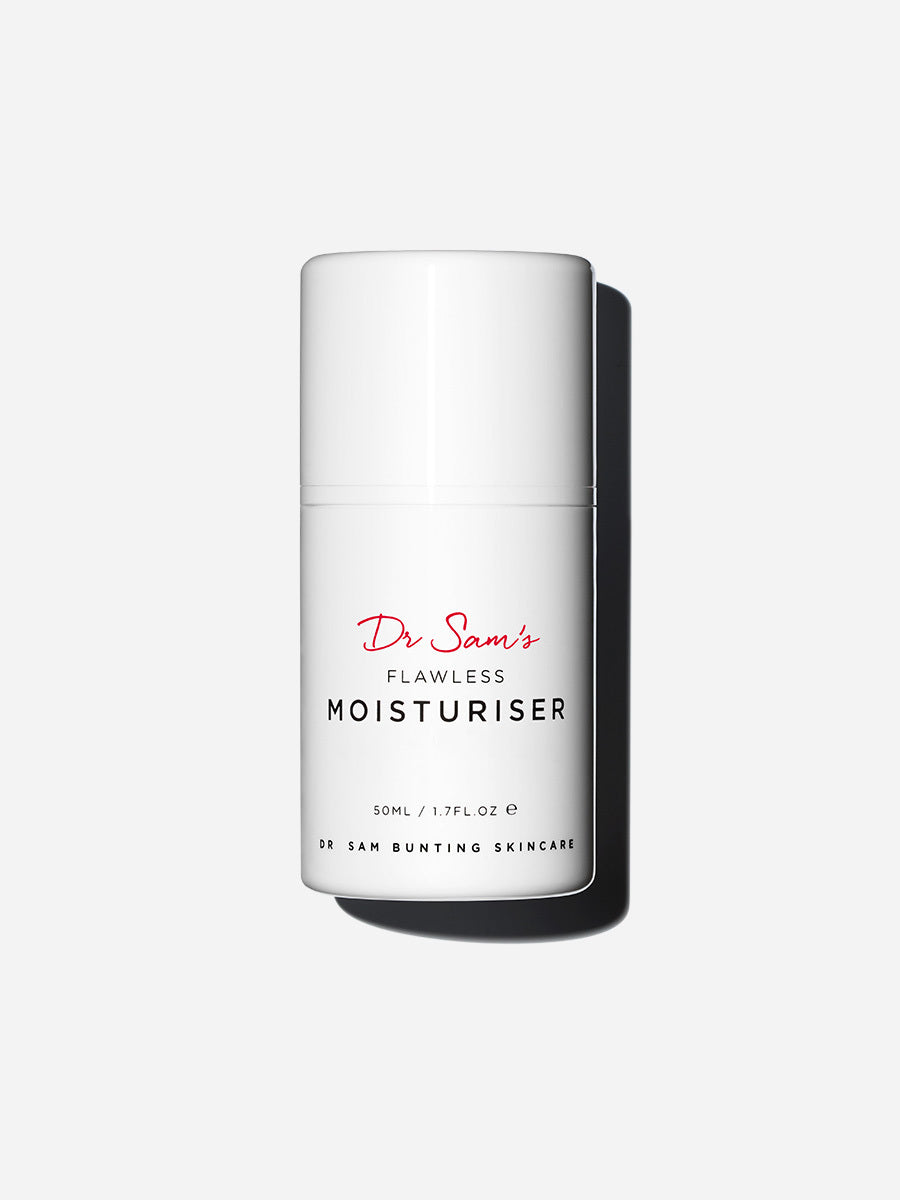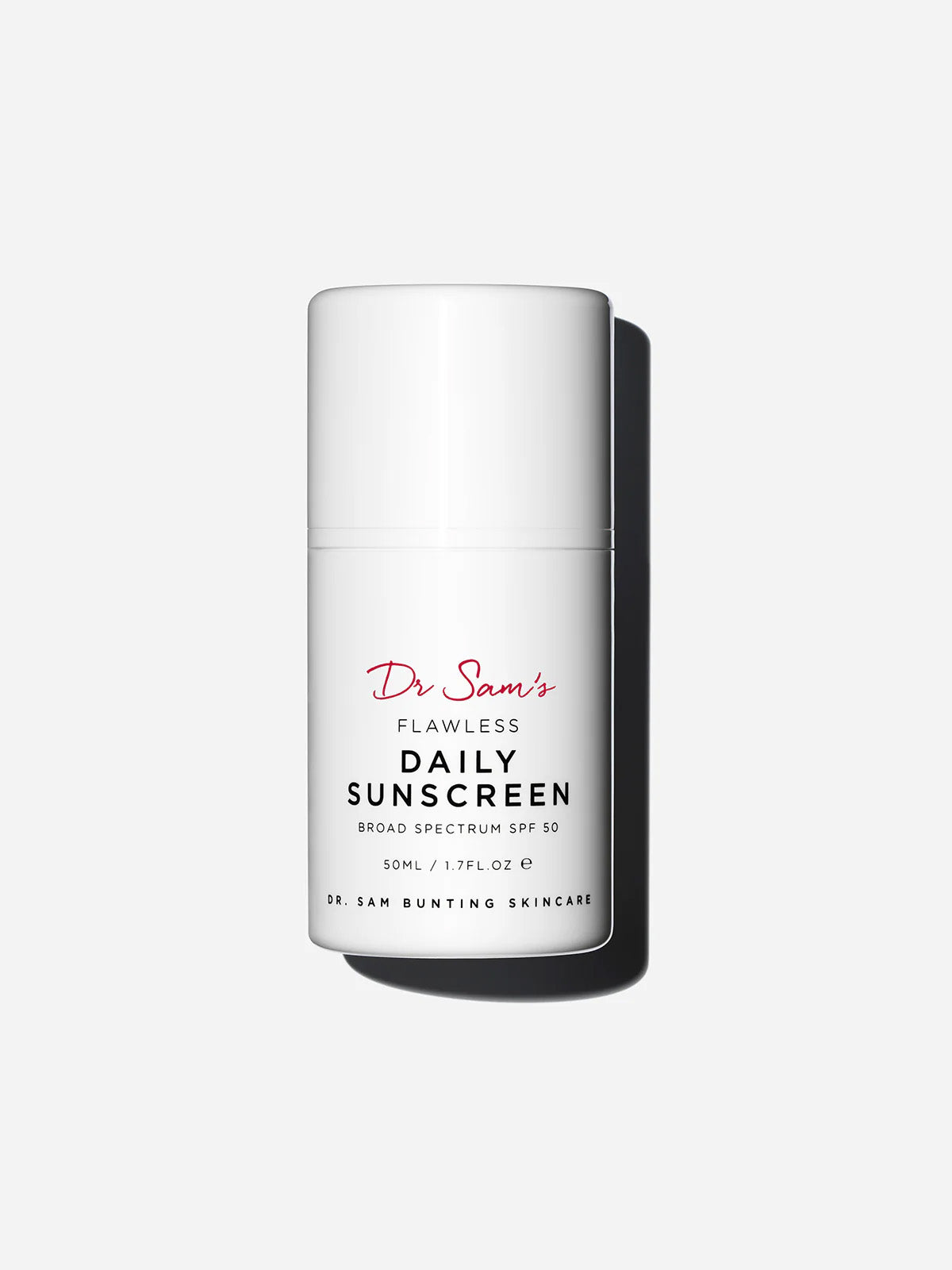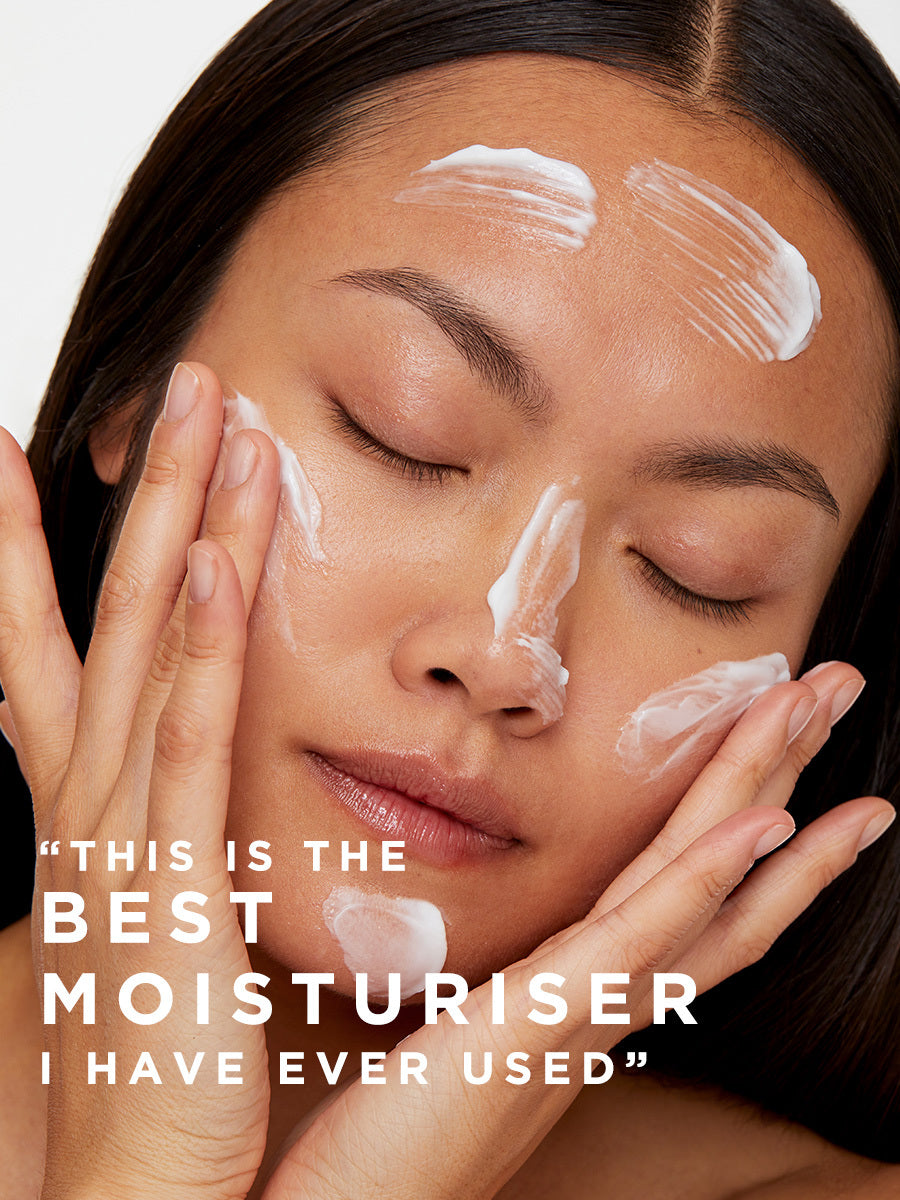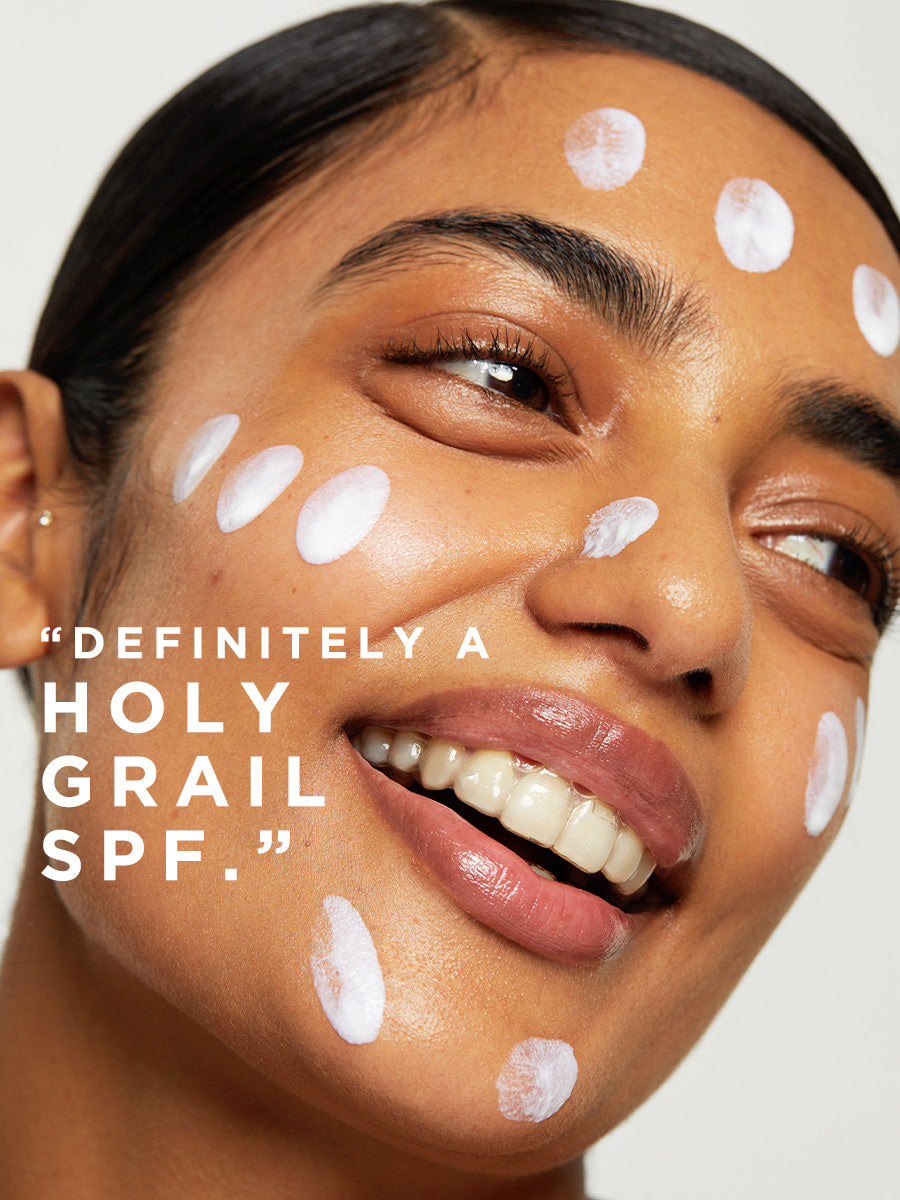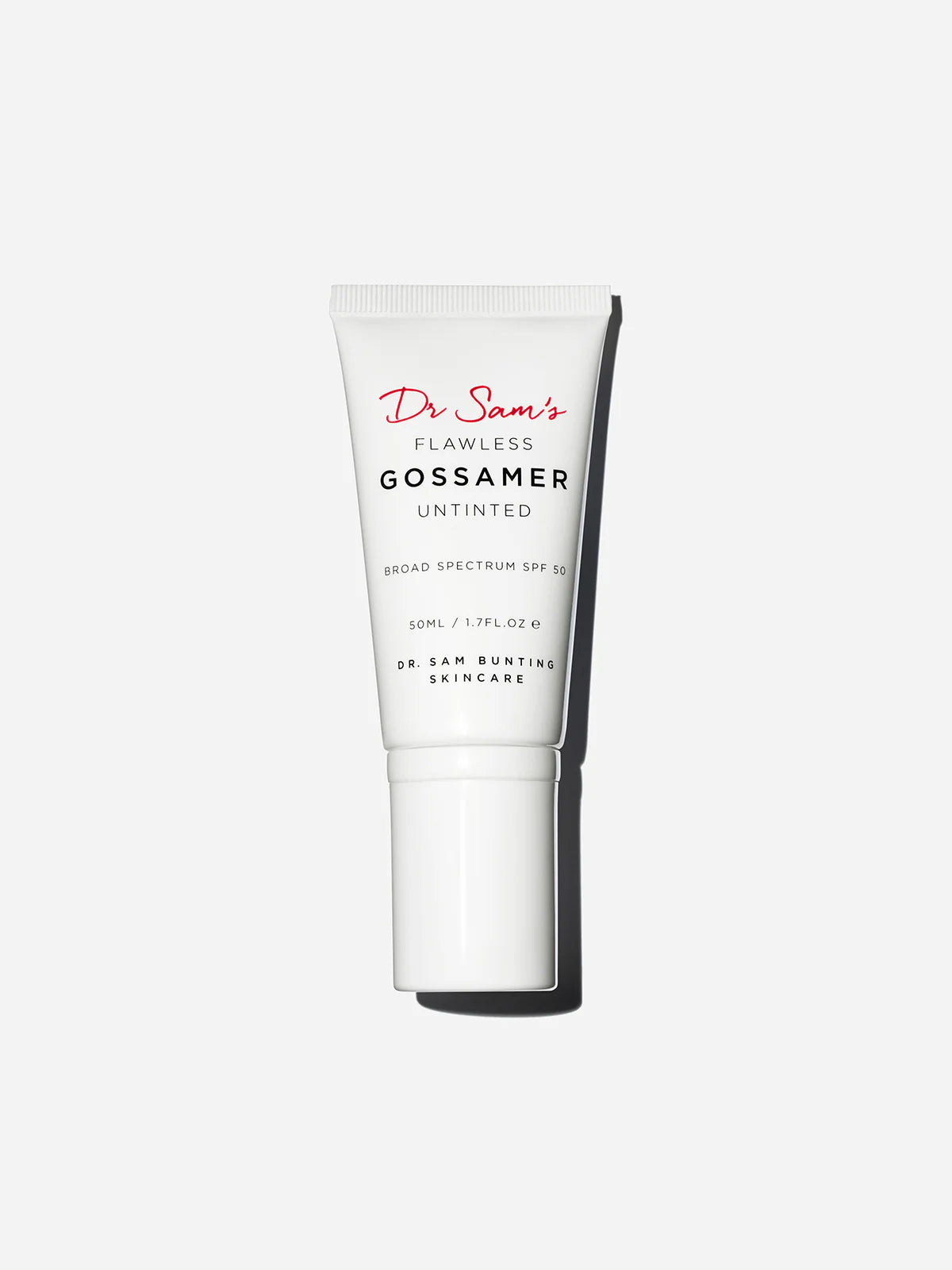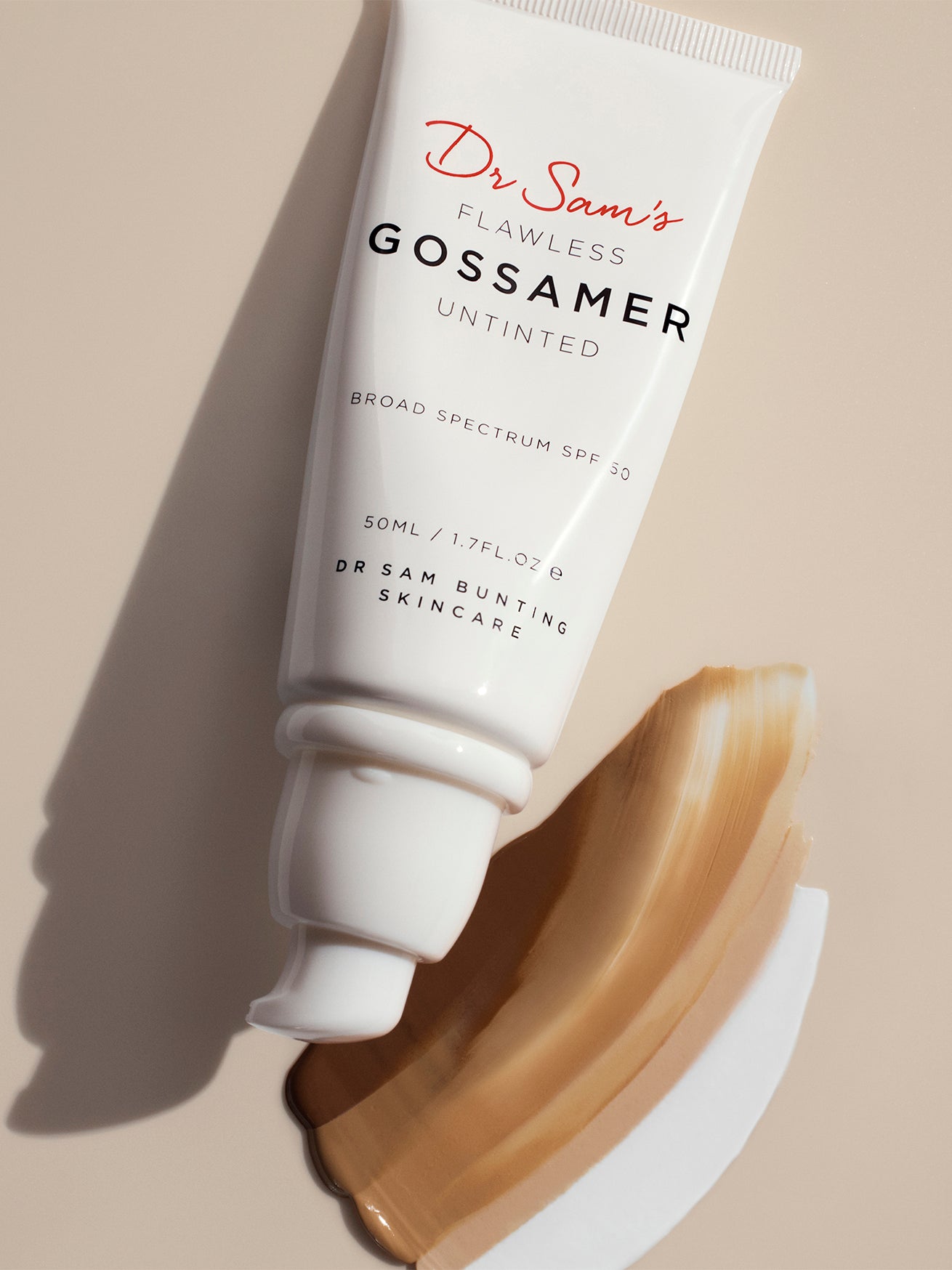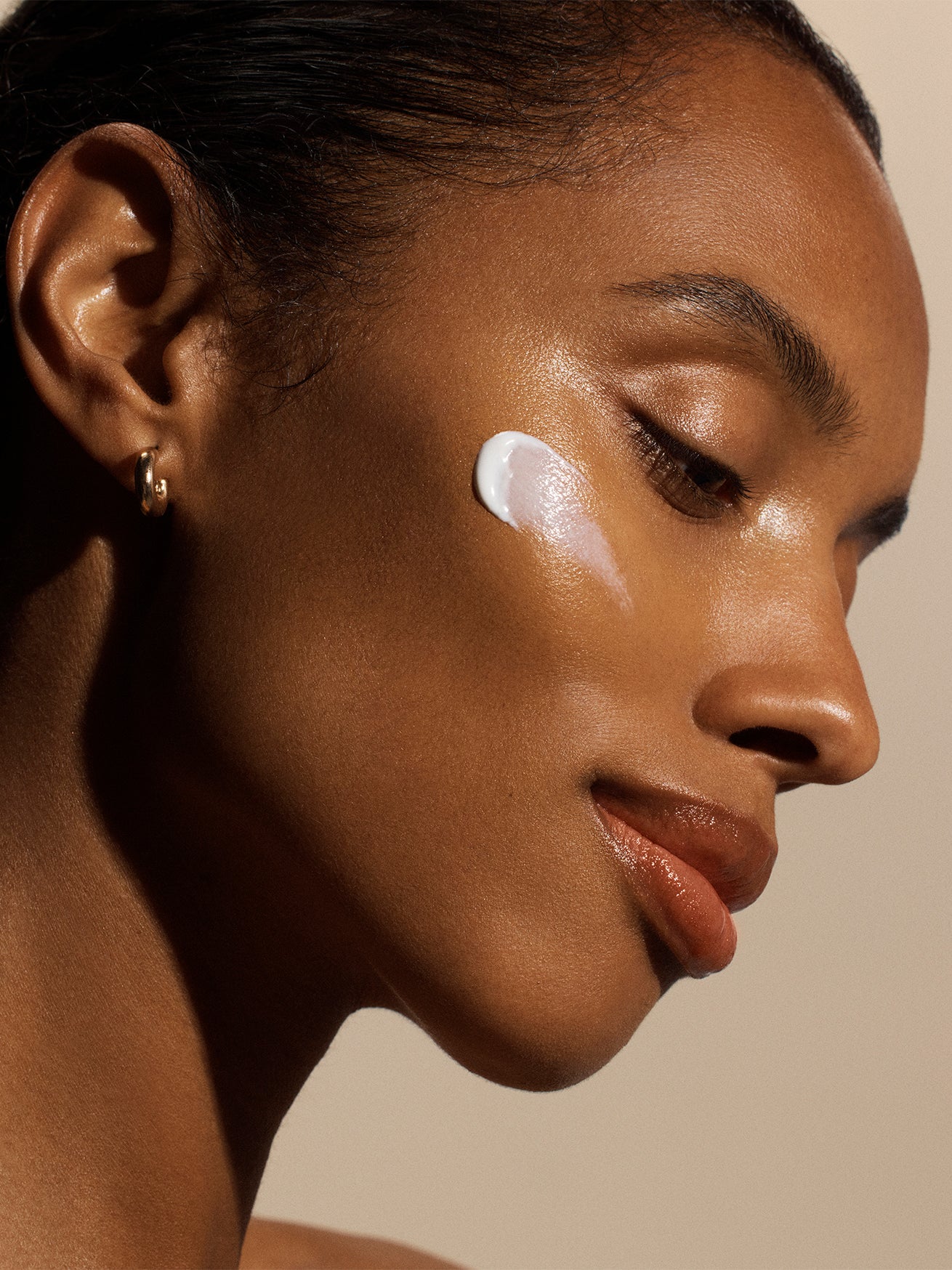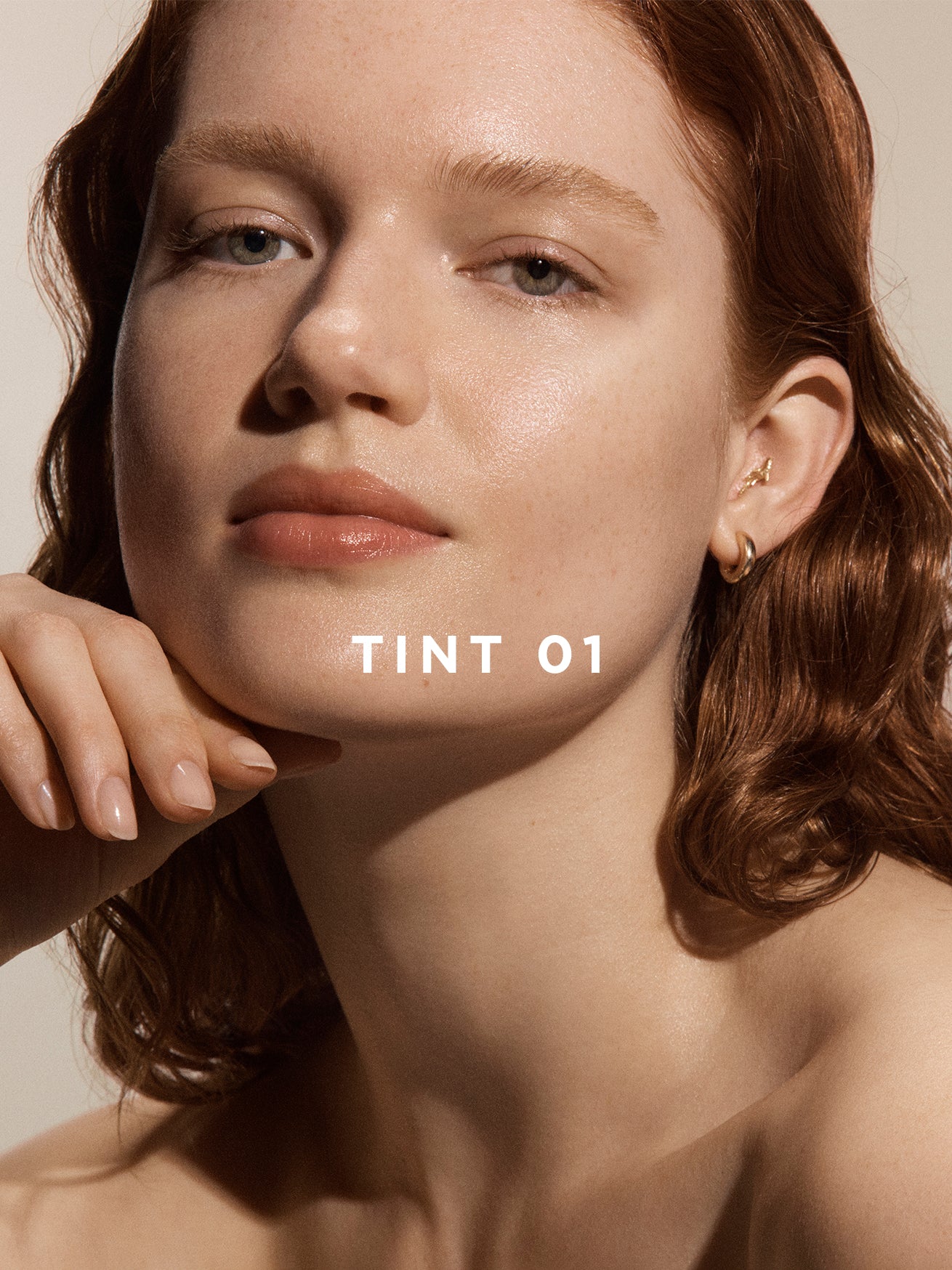Cheatsheet
Skincare For Redness and Rosacea
I firmly believe that taming redness and rosacea is all about your daily habits. One of the biggest triggers for redness is using the wrong skincare - something I imagine every rosacea sufferer knows. But when you get it right, it has a powerfully calming effect, reducing flares and their severity. Here’s why I think azelaic acid is utterly brilliant when it comes to managing your rosacea and the products that work well alongside it.
What's the best way to cleanse redness-prone skin?
The less you can do with redness, the better. That means adopting the least complicated cleansing routine you can. A non-foaming single cleanse with tepid water and fingertips is the best approach. Avoid friction of any kind, either with flannels and devices or your towel.
Flawless Cleanser was formulated with redness-prone skin in mind.
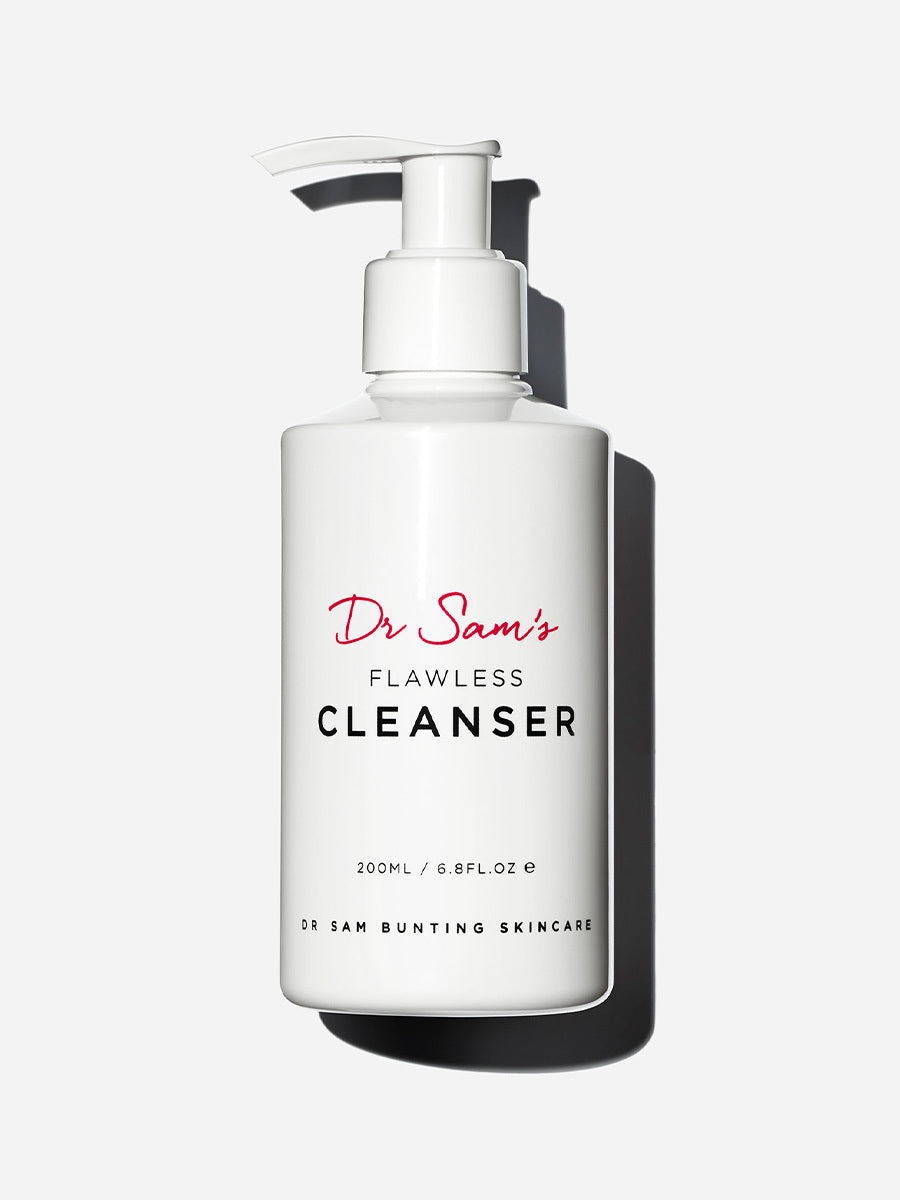
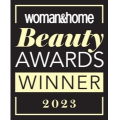

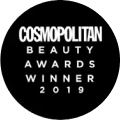
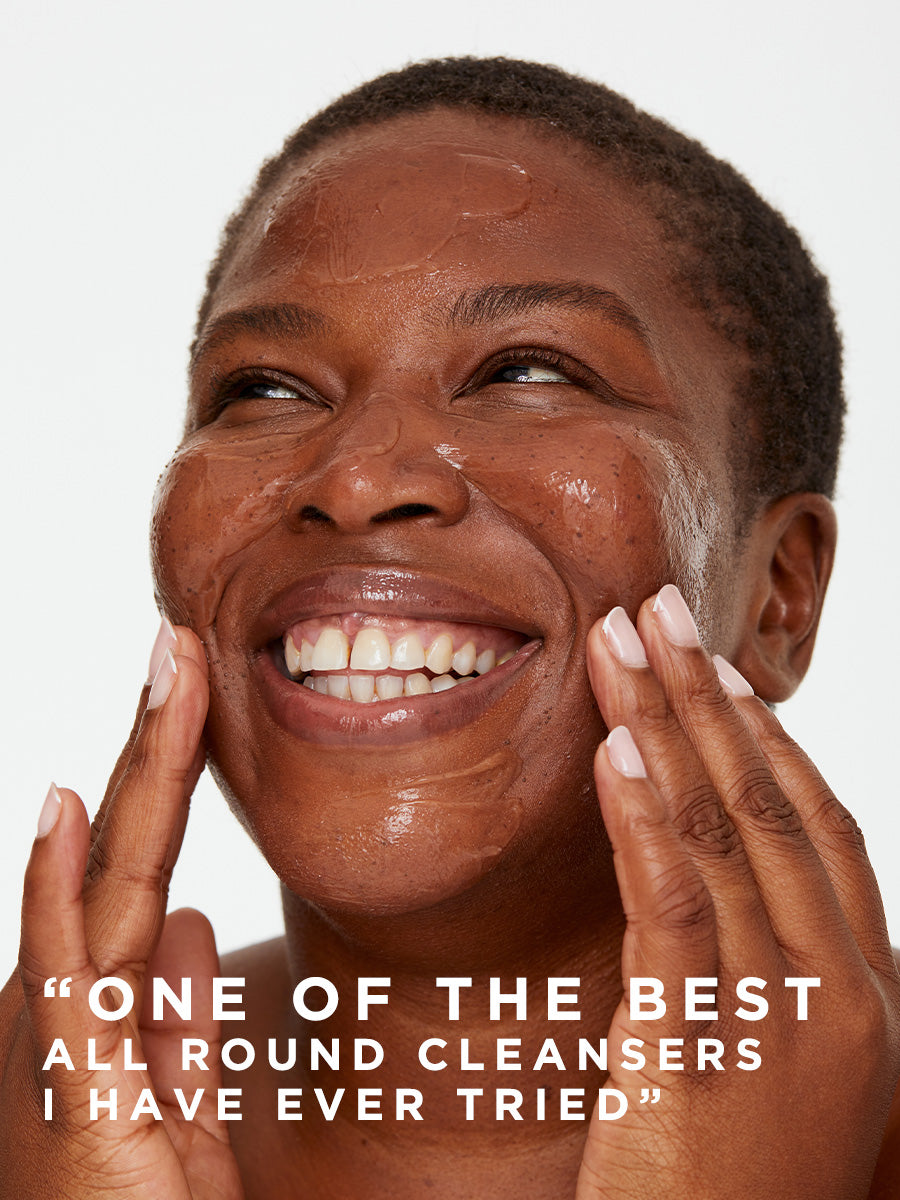
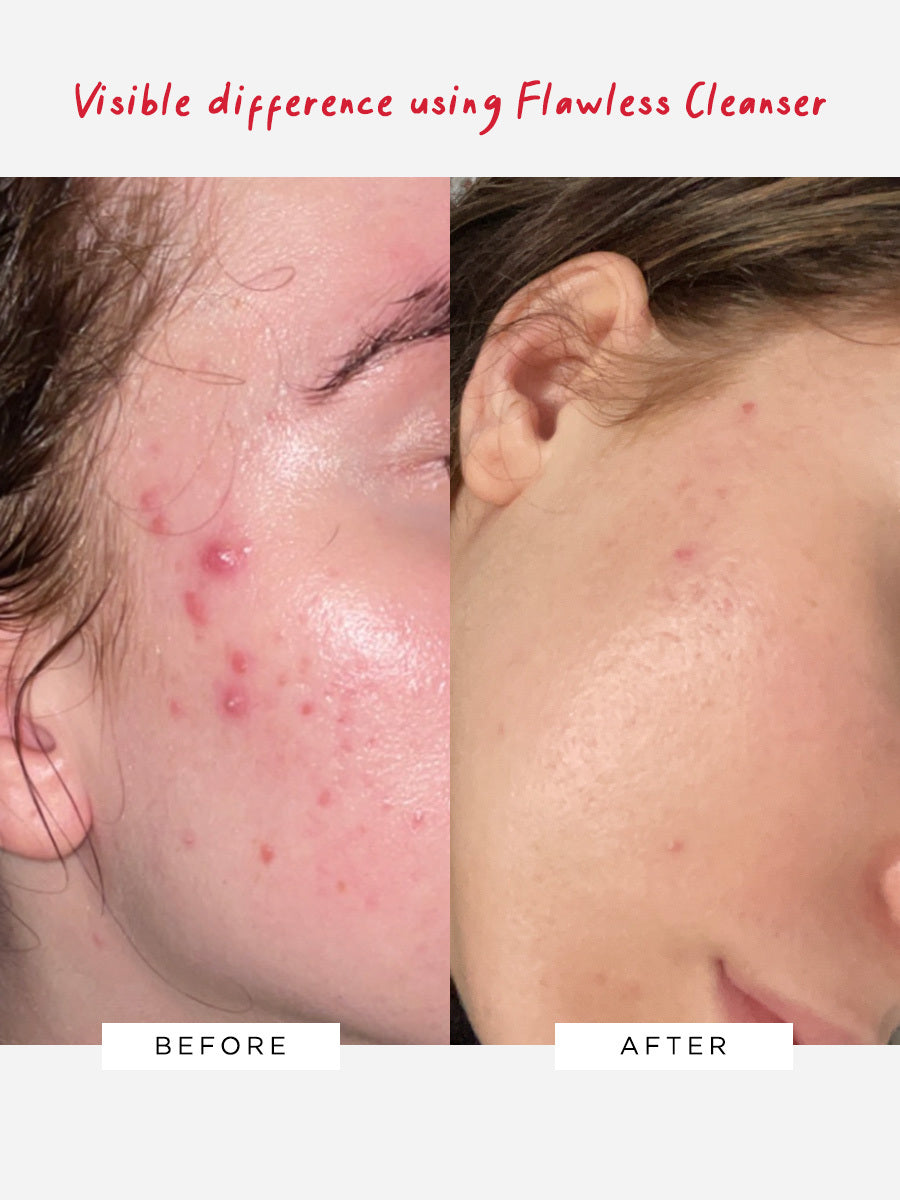
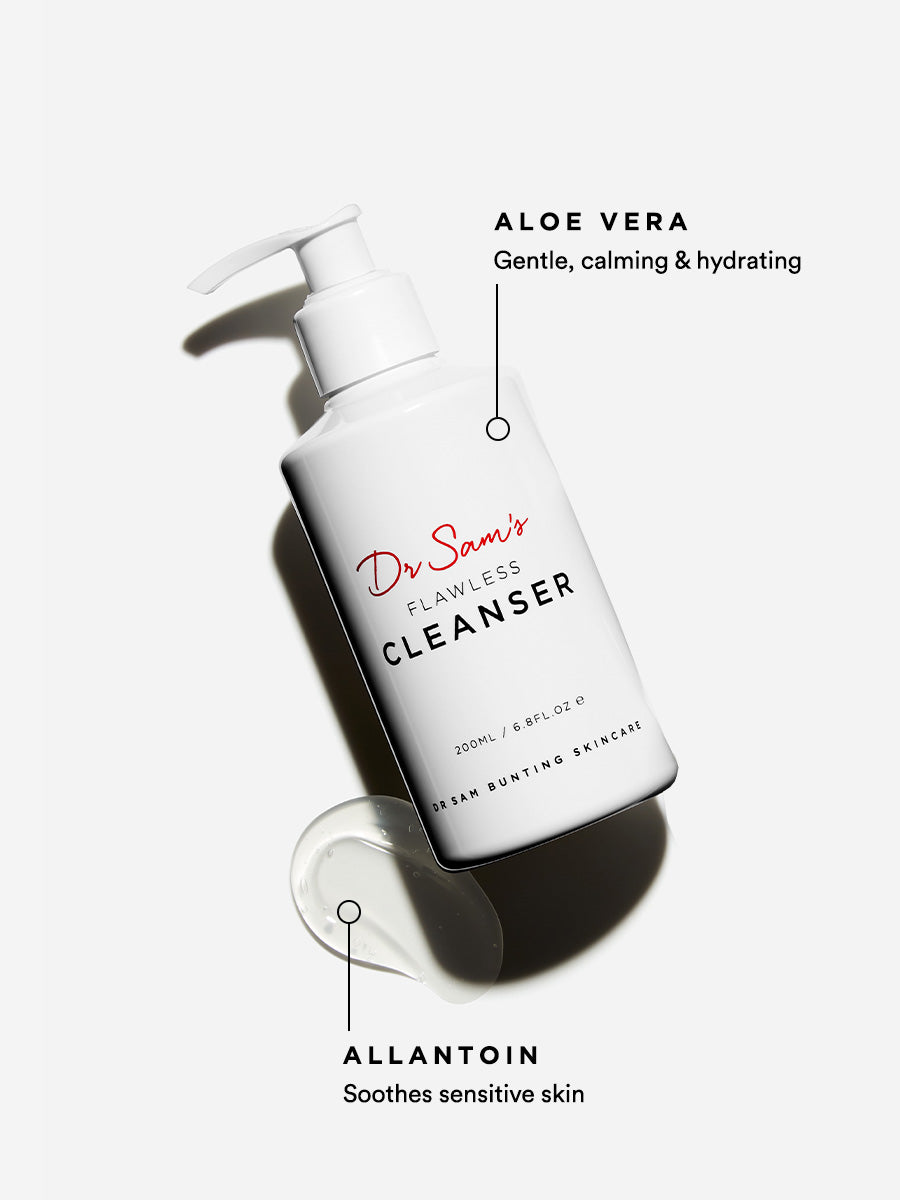
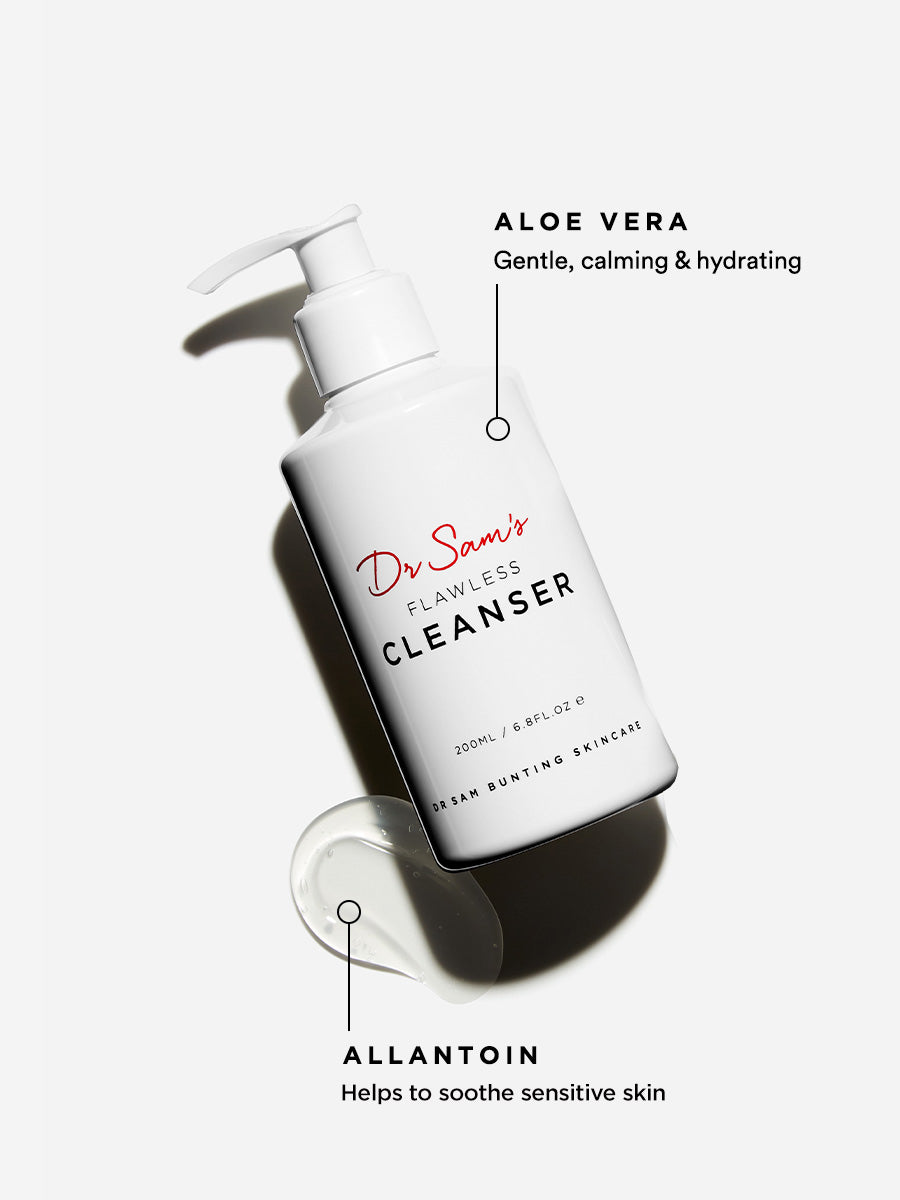
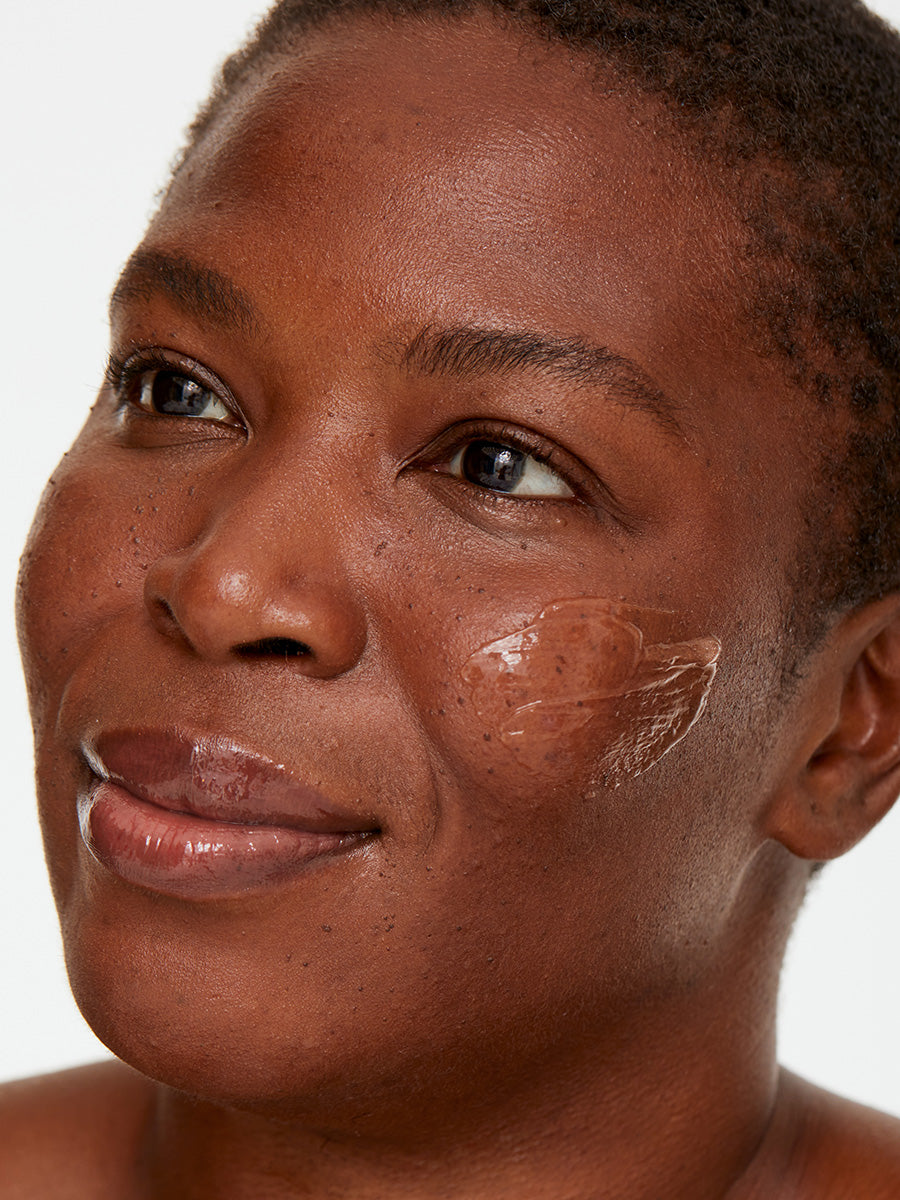
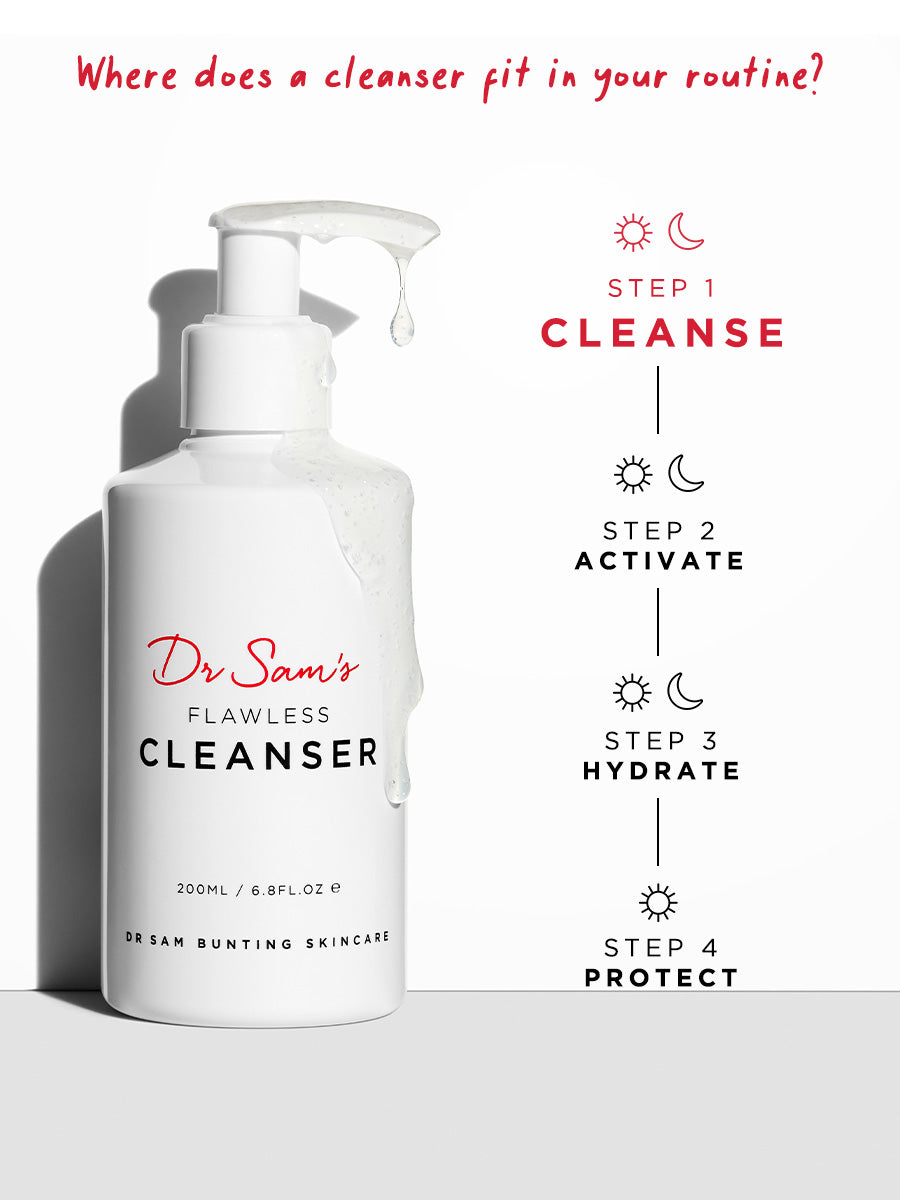
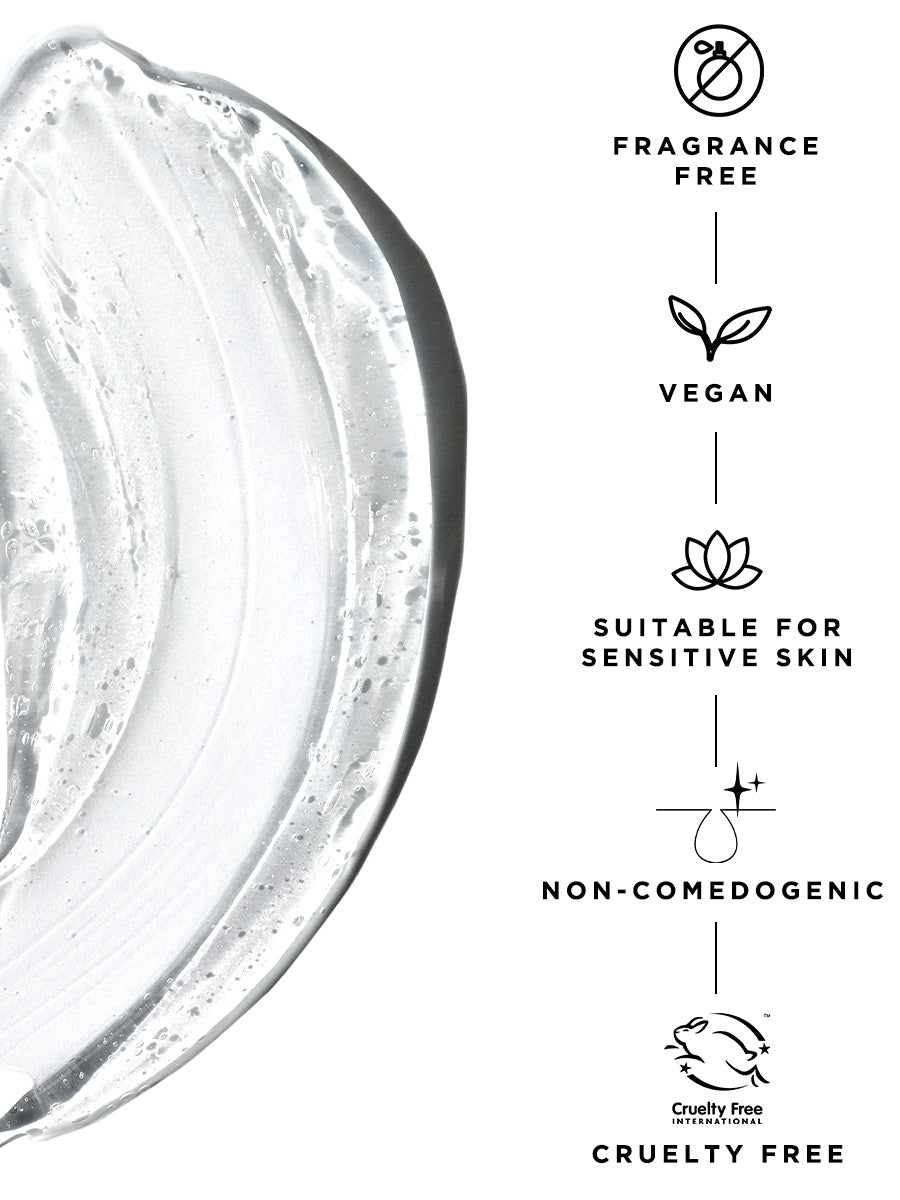
Flawless Cleanser
A truly uncomplicated, effective and elegant jelly cleanser that removes makeup and daily impurities.
What makes it flawless?
 Just 1 Minute to Cleanse
Just 1 Minute to Cleanse
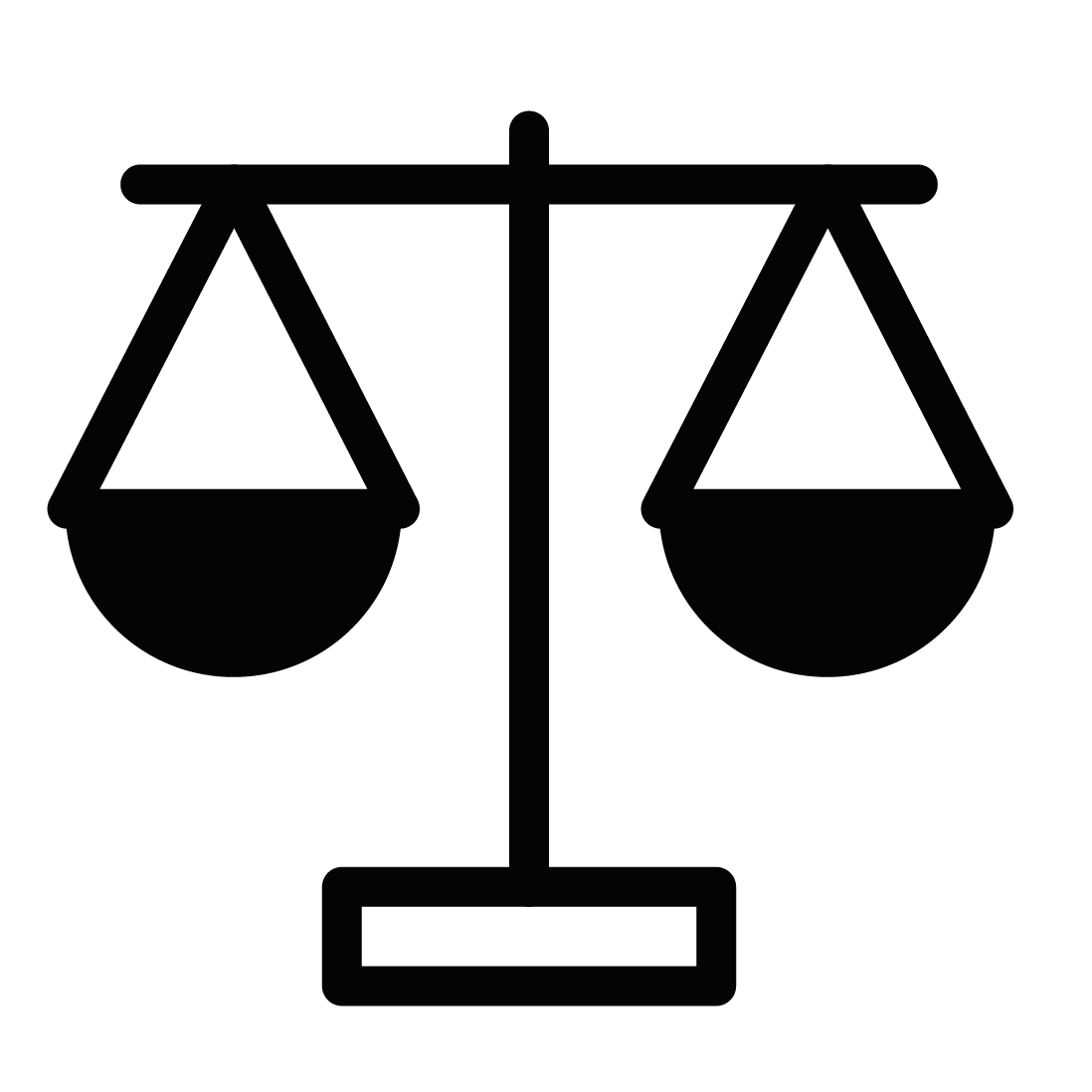 pH balanced
pH balanced
 Non-comedogenic and fragrance-free
Non-comedogenic and fragrance-free
Flawless365
Is azelaic acid good for treating those prone to redness?
Yes! It’s brilliant for redness and rosacea-prone skin. It reduces the activity mediated by Toll-like receptors, which sense our environment for danger, helping activate our skin’s defenses. In redness-prone skin these sensors are turned up too high and Azelaic Acid helps bring them back under control.
It’s such a versatile ingredient - find it in Flawless Brightly Serum, which contains 10% azelaic acid plus 5% niacinamide, 2% ascorbyl glucoside and 1% bakuchiol.
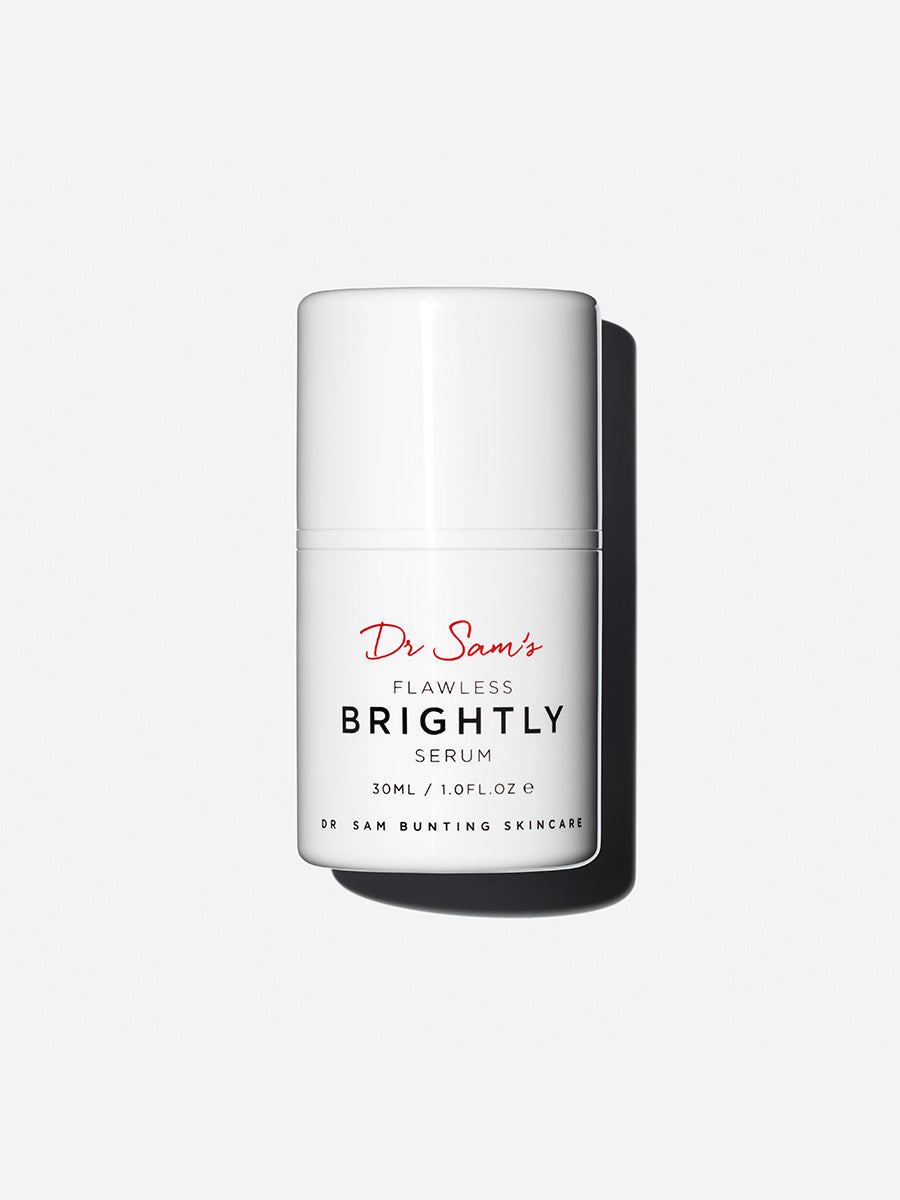

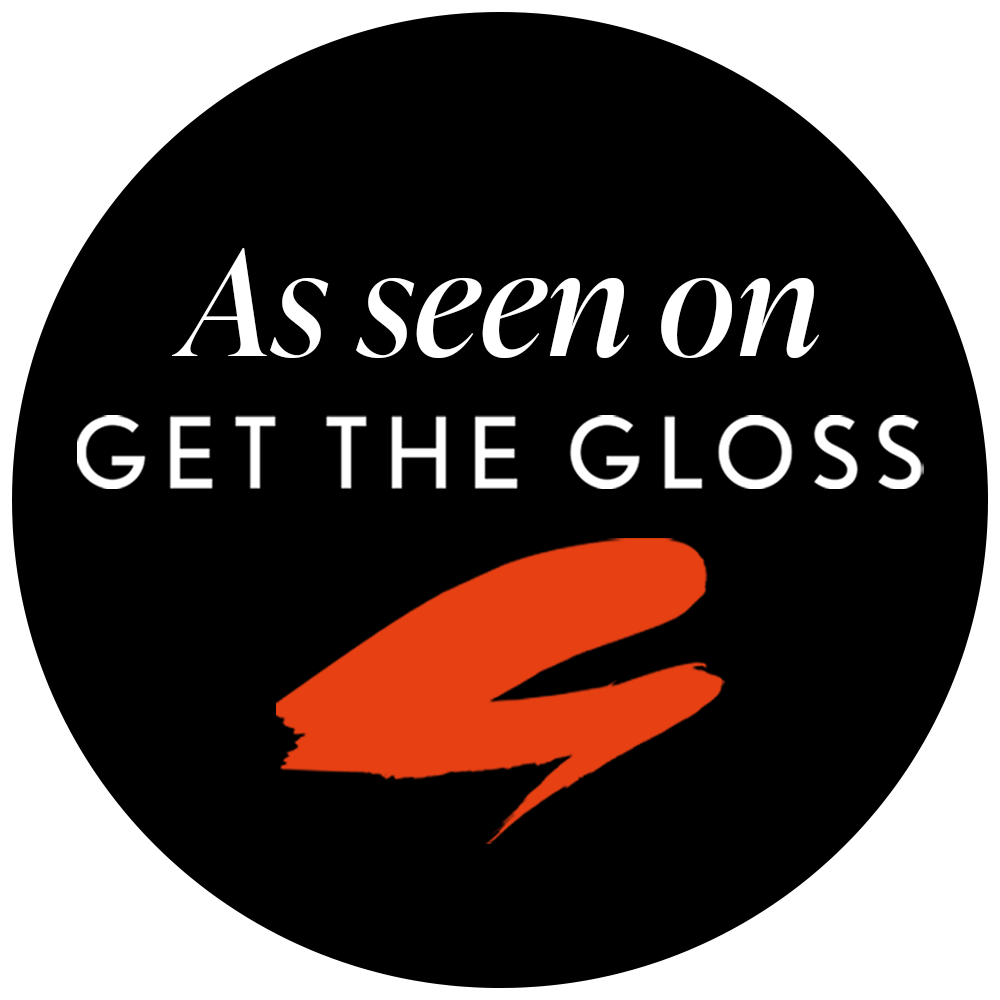
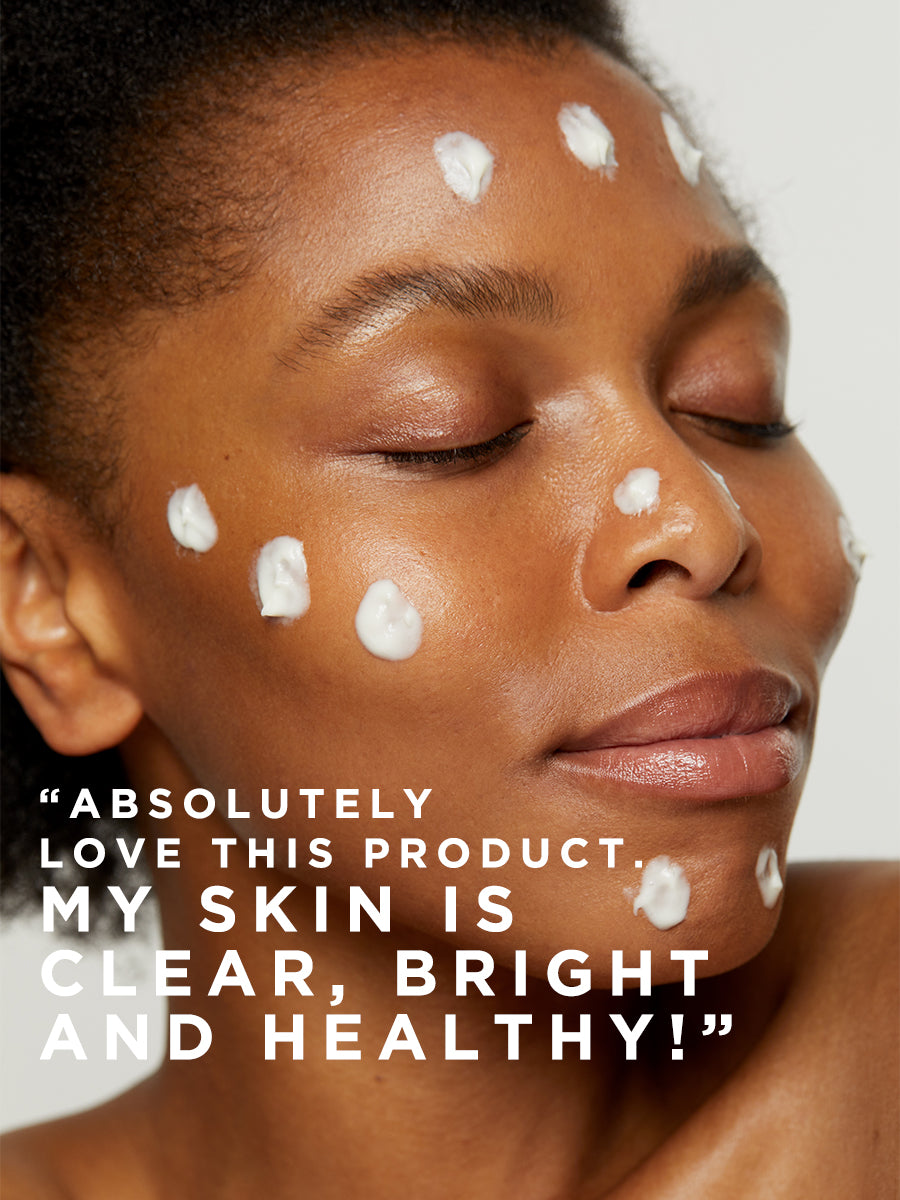
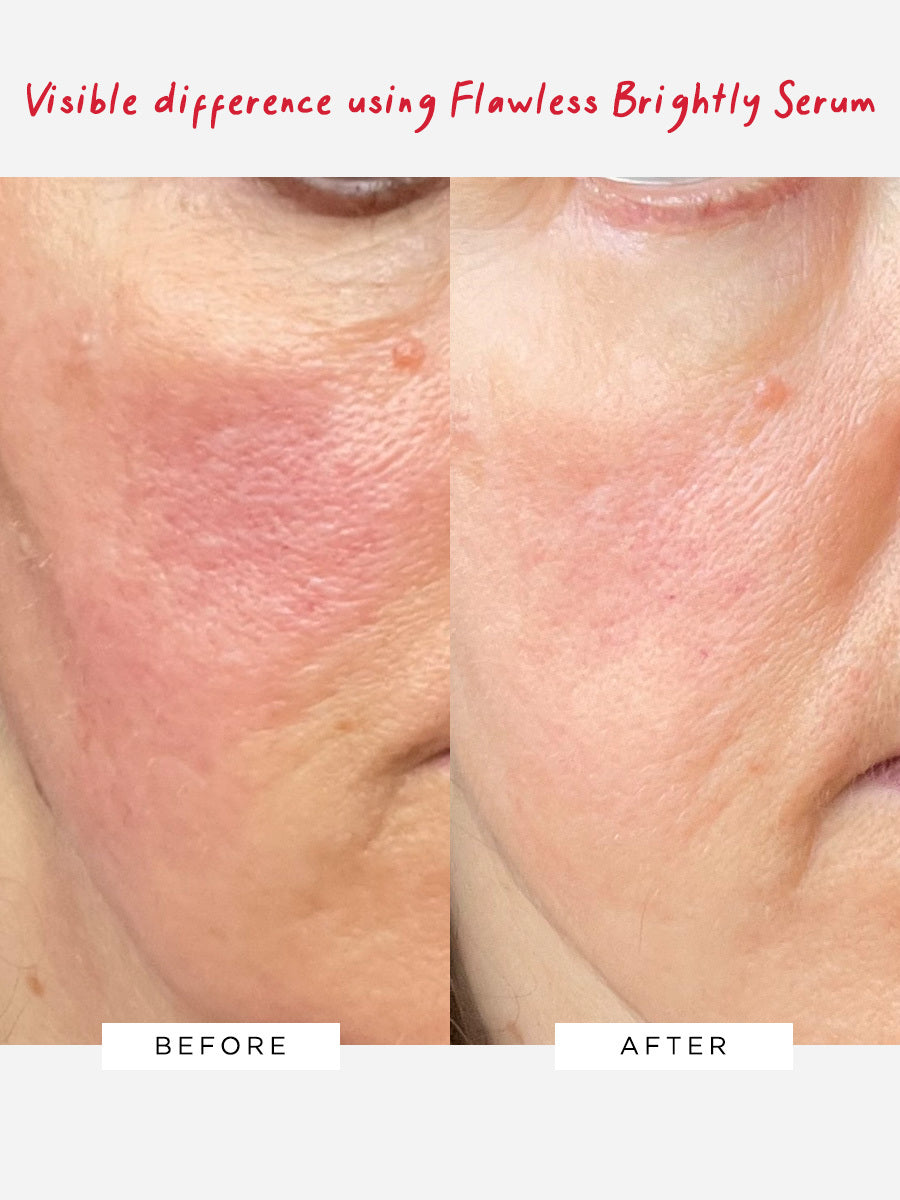
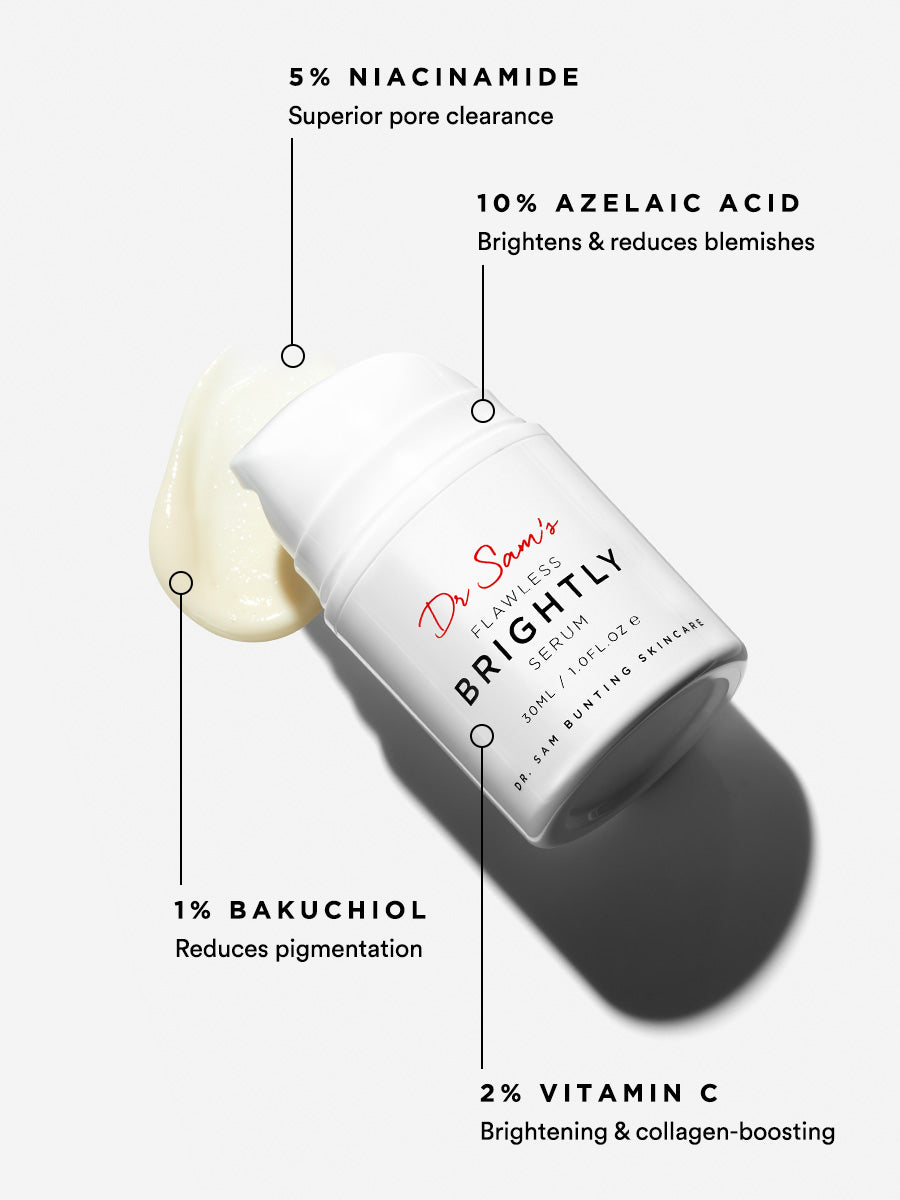
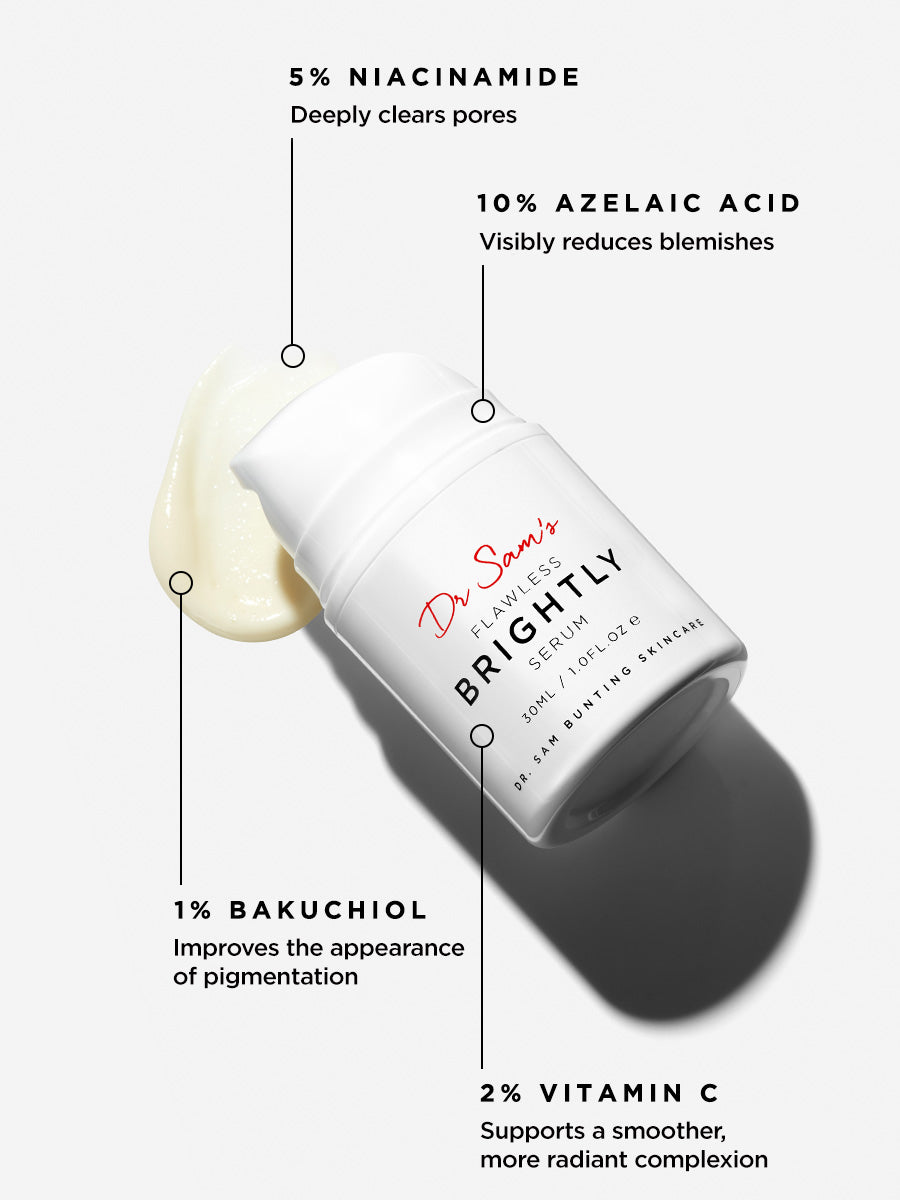
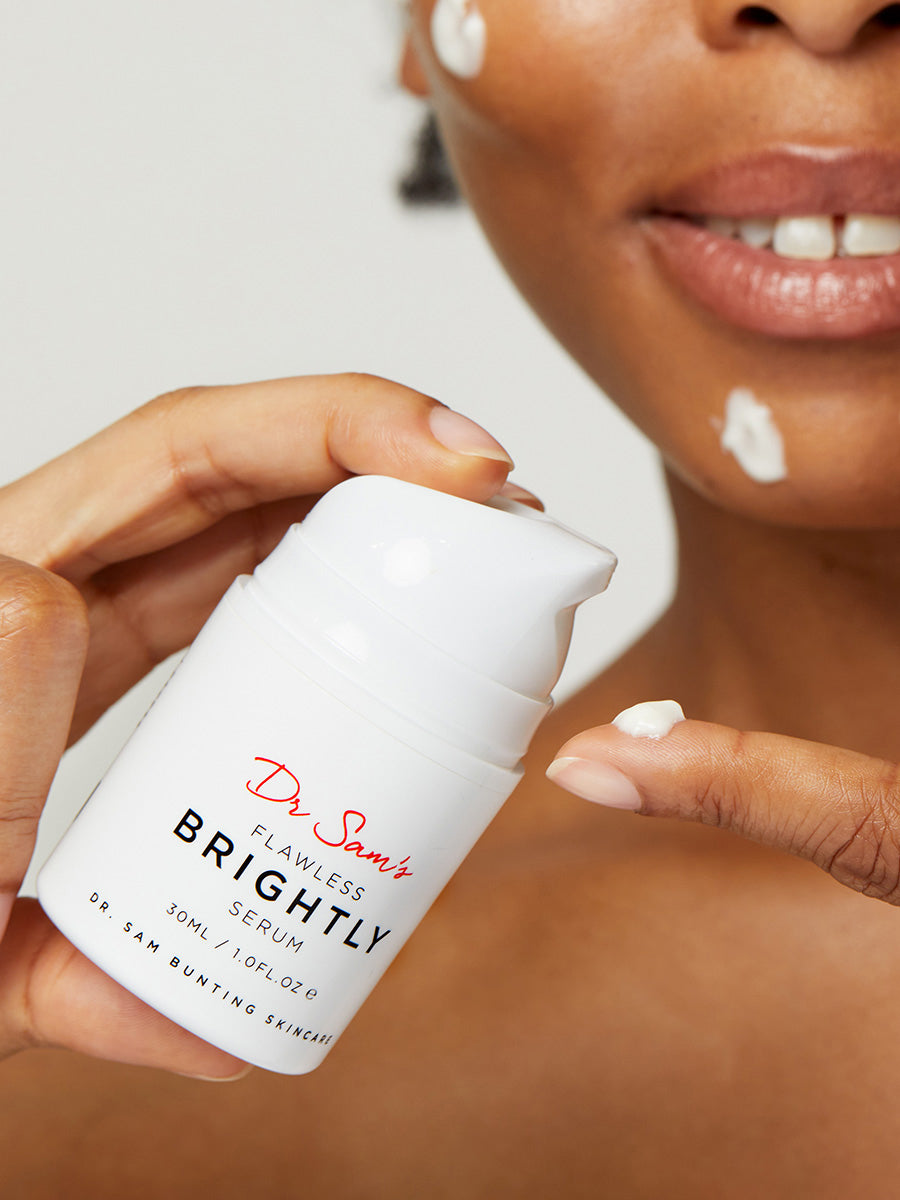
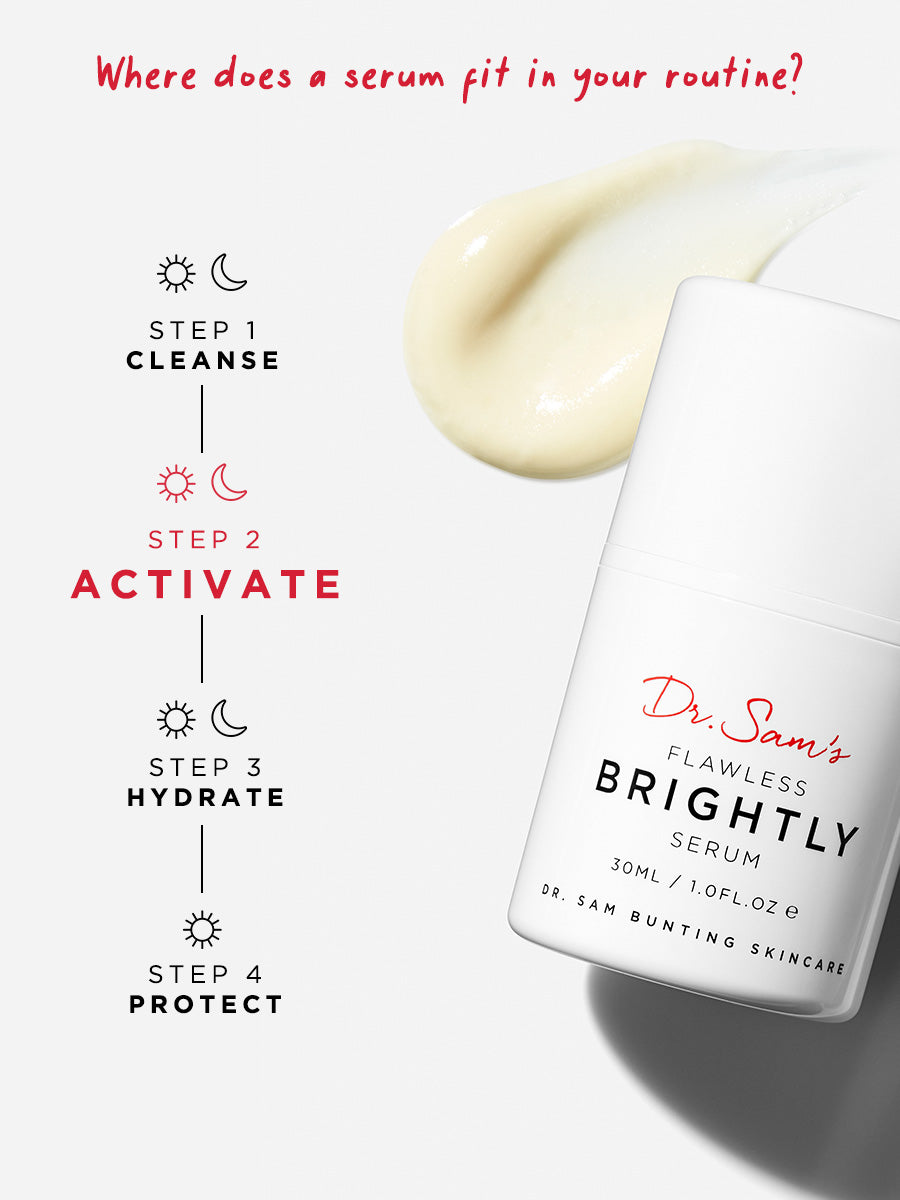
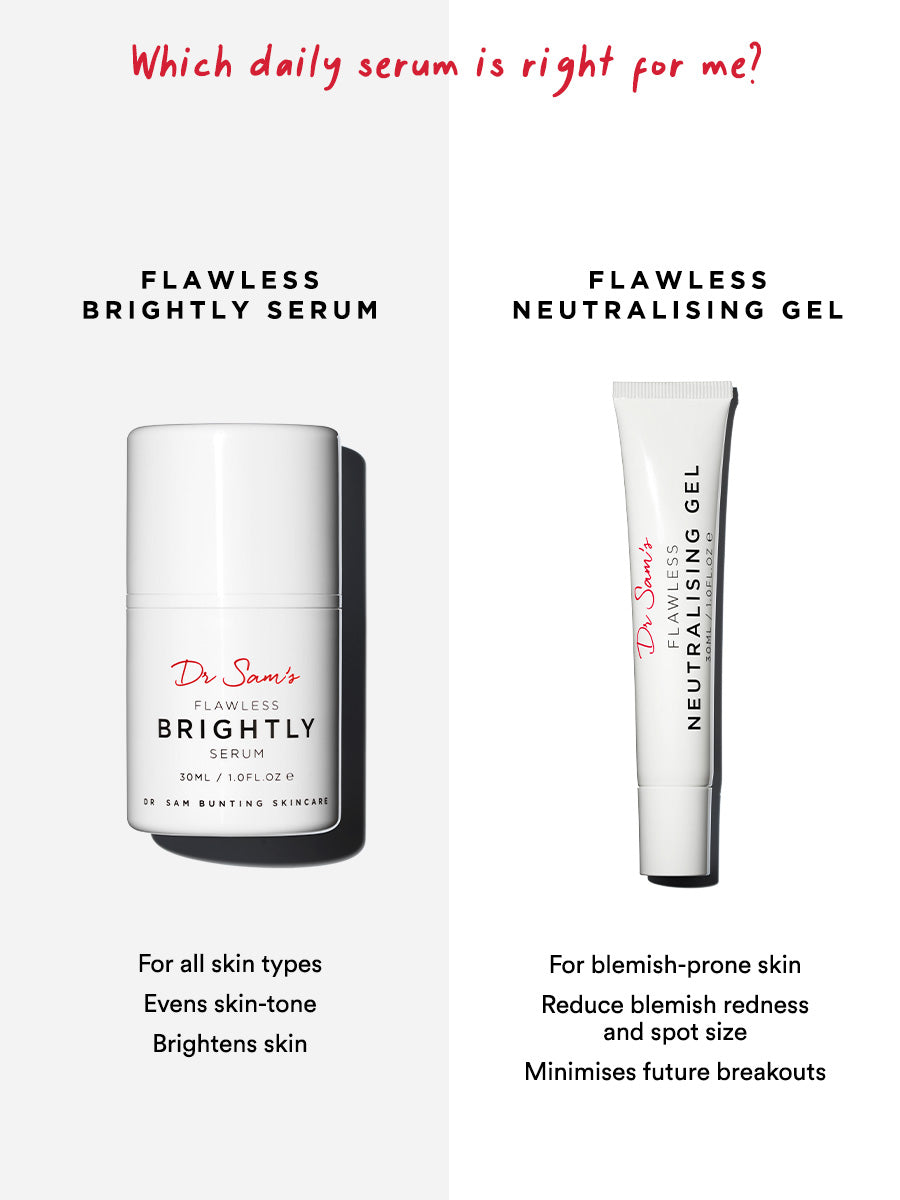
Flawless Brightly 10% Azelaic Acid Serum
An Amplified Active - Azelaic Acid, Niacinamide, Vitamin C and Bakuchiol. Your daytime warrior for complexion brilliance.
It evens out skin-tone, calms bumps + clears pores; and makes the light love your skin.
Non-Comedogenic and Fragrance Free.
Cruelty-Free. Vegan.
What makes it flawless?
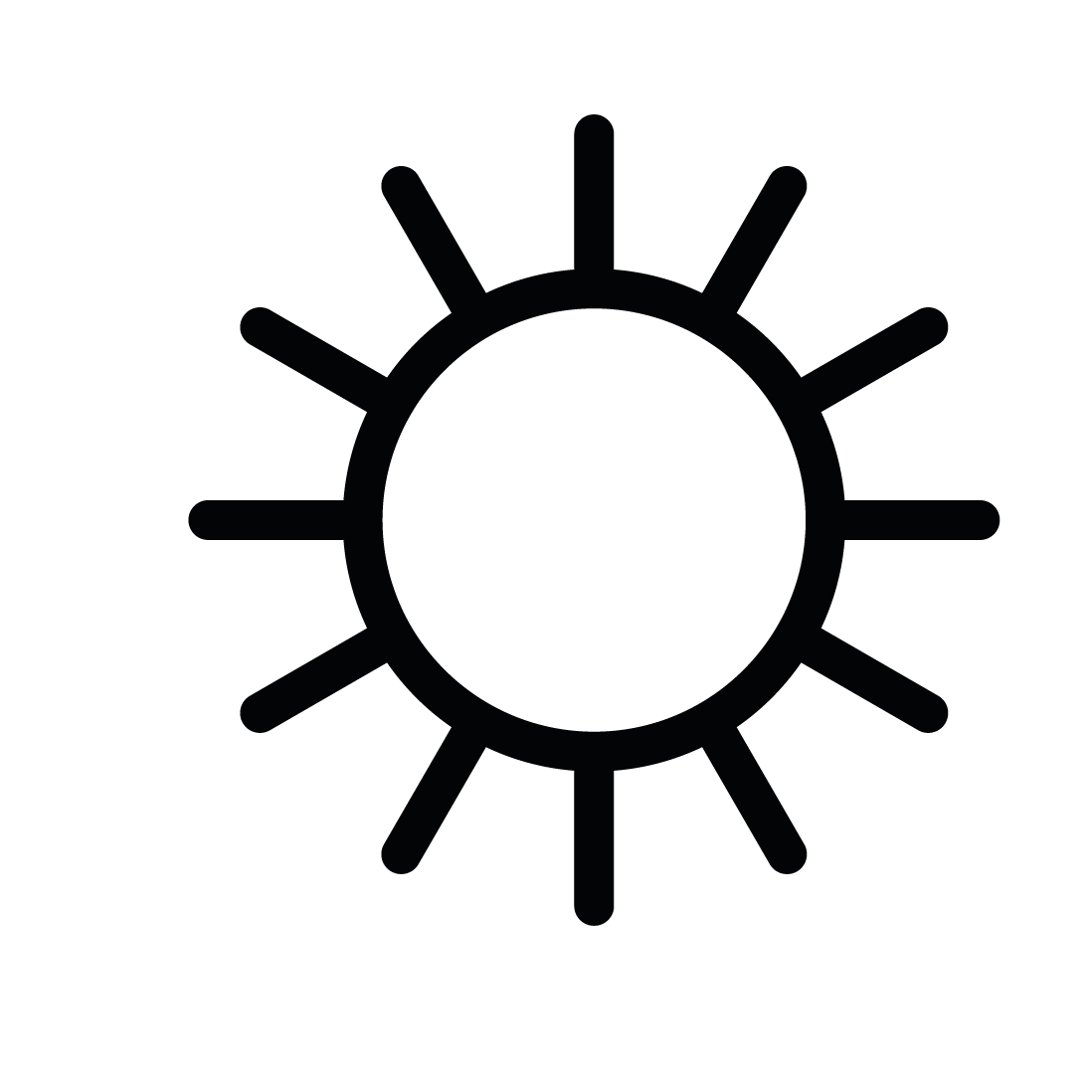 Evens out skintone + delivers that grown up glow
Evens out skintone + delivers that grown up glow
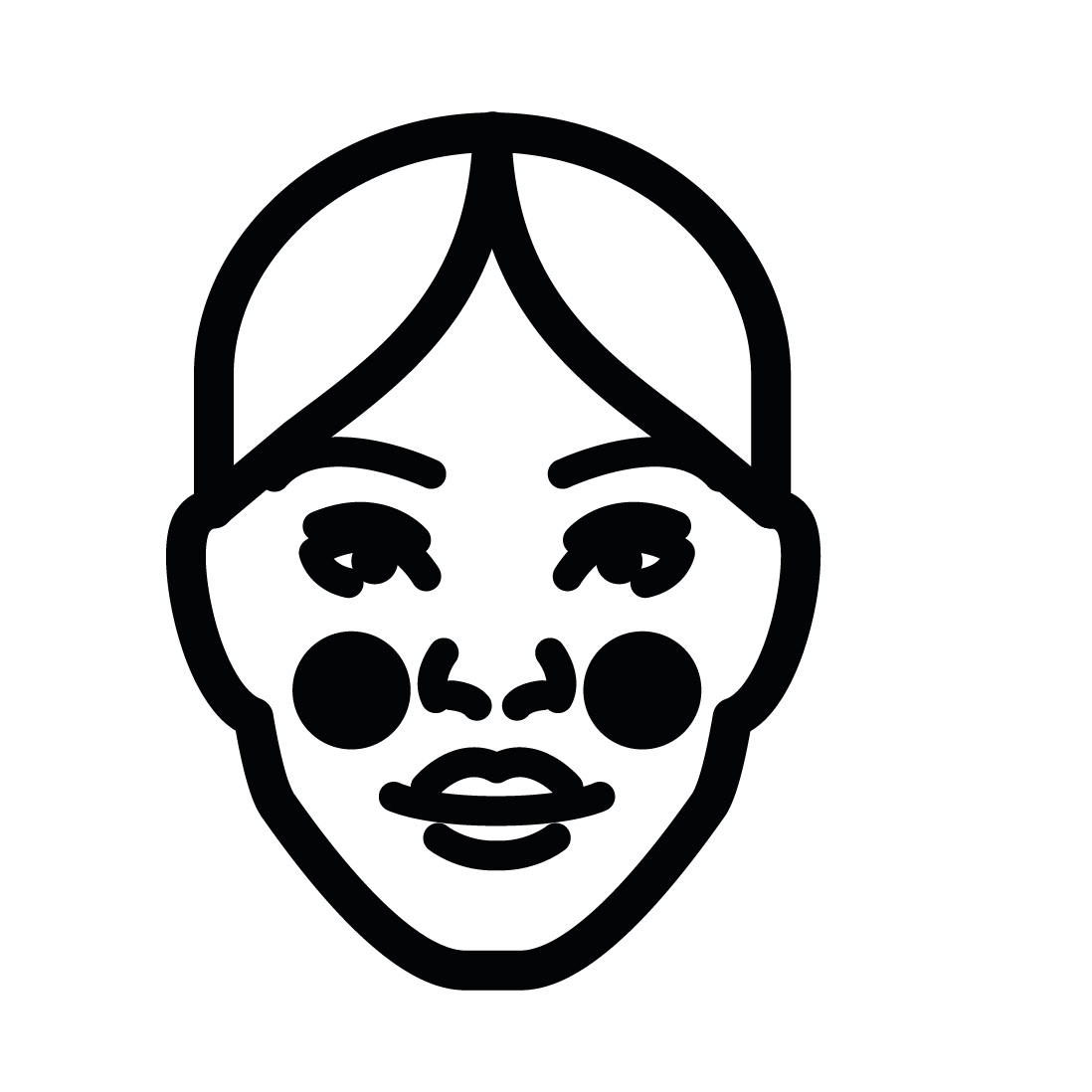 Reduces redness + pigmentation
Reduces redness + pigmentation
 Clears pores
Clears pores
Flawless365
Is niacinamide useful in redness?
This widely-available skin-loving vitamin serves 2 key roles in redness - it’s anti-inflammatory and it boosts barrier function, helping tackle 2 of the key issues why redness occurs. Find 5% niacinamide in Flawless Moisturiser and Flawless Daily Sunscreen.
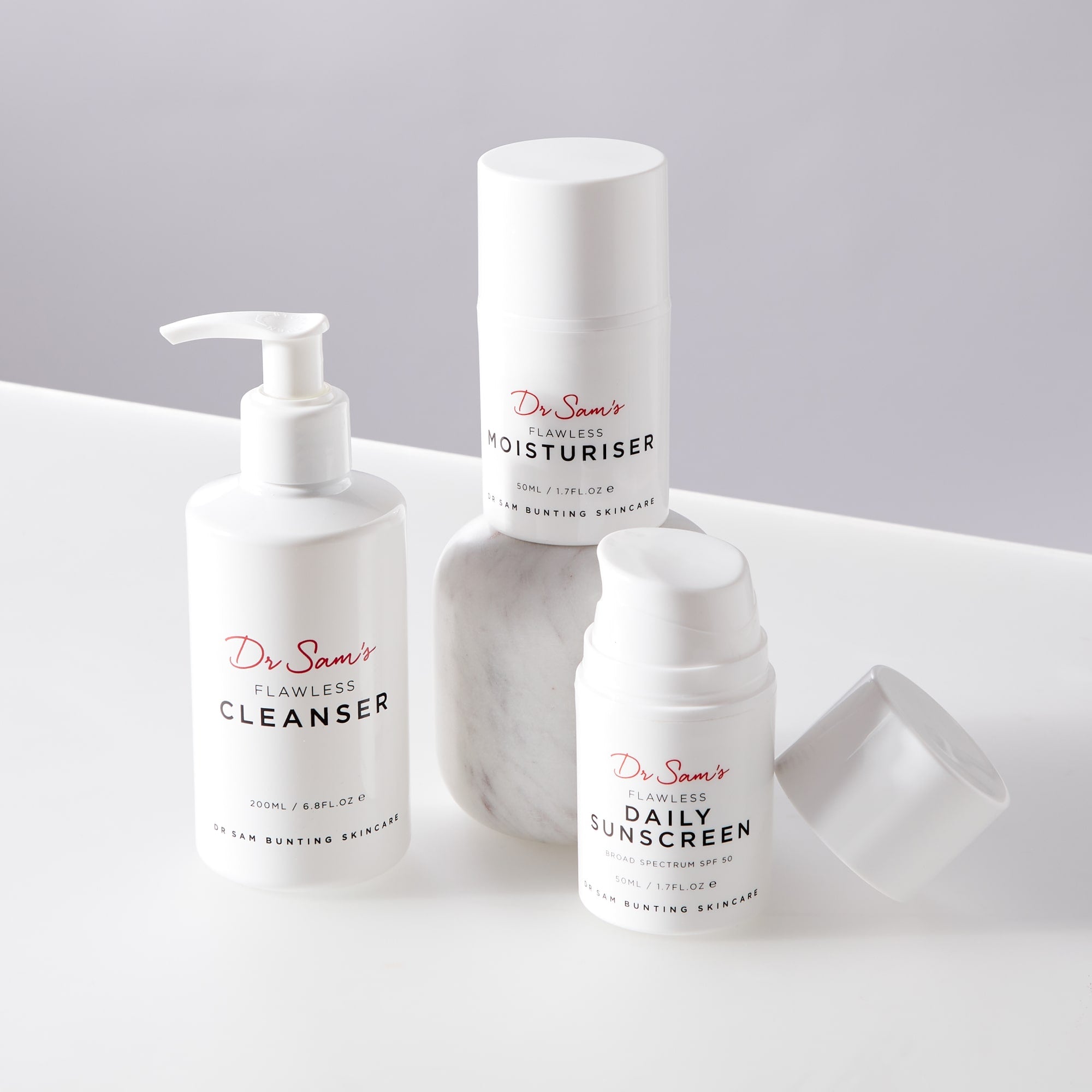
Is mineral sunscreen best for rosacea?
Here I’m referring to kind-but-mighty zinc oxide and titanium dioxide, the ultimate sunscreen filters when it comes to pernickety skin. They also have a light-reflecting quality which can help dial down redness, especially if also tinted. I’m a huge fan for both patients and personally.
Try Flawless Gossamer Tint (in 2 shades) or Flawless Gossamer Untinted.
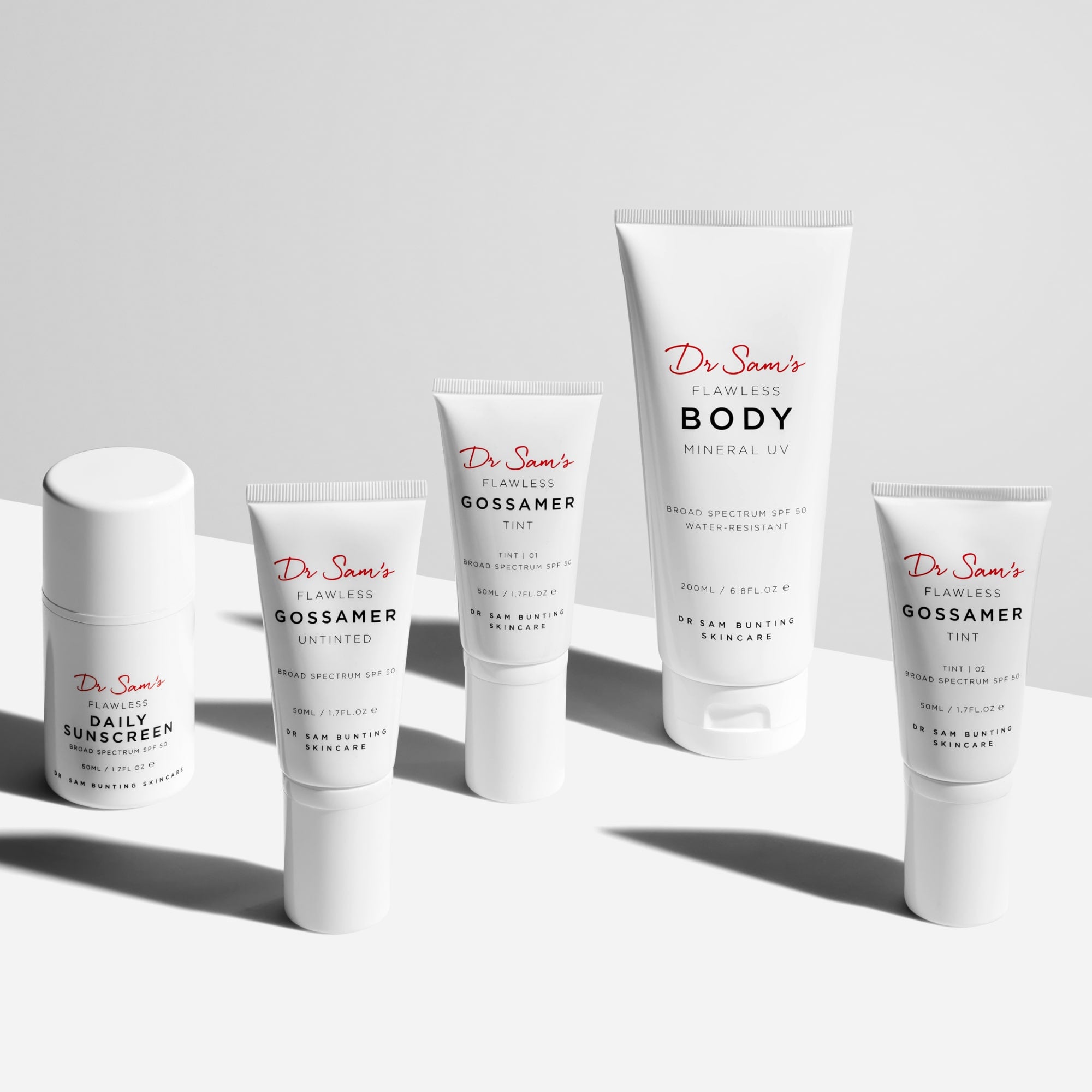
What role do retinoids play in rosacea?
In rosacea that’s coasting along in the maintenance phase, a retinoid can be a really helpful addition. Given the preponderance of rosacea in fair-skinned, light eyed individuals, this is a group at risk of sun damage and the associated damage to collagen that ensues. So the value of a retinoid in helping rebuild the dermal matrix is potentially huge. It may also help reduce abnormal vessel formation too. As always, proceed carefully - consider a trial of a non-prescription retinoid to test the waters. Granactive Retinoid is a great one to try.
Find that in Flawless Nightly 2% Retinoid Serum (handily formulated with azelaic acid and niacinamide, so it’s powerfully anti-inflammatory). If that goes to plan, you can always dip your toe in the prescription space later.
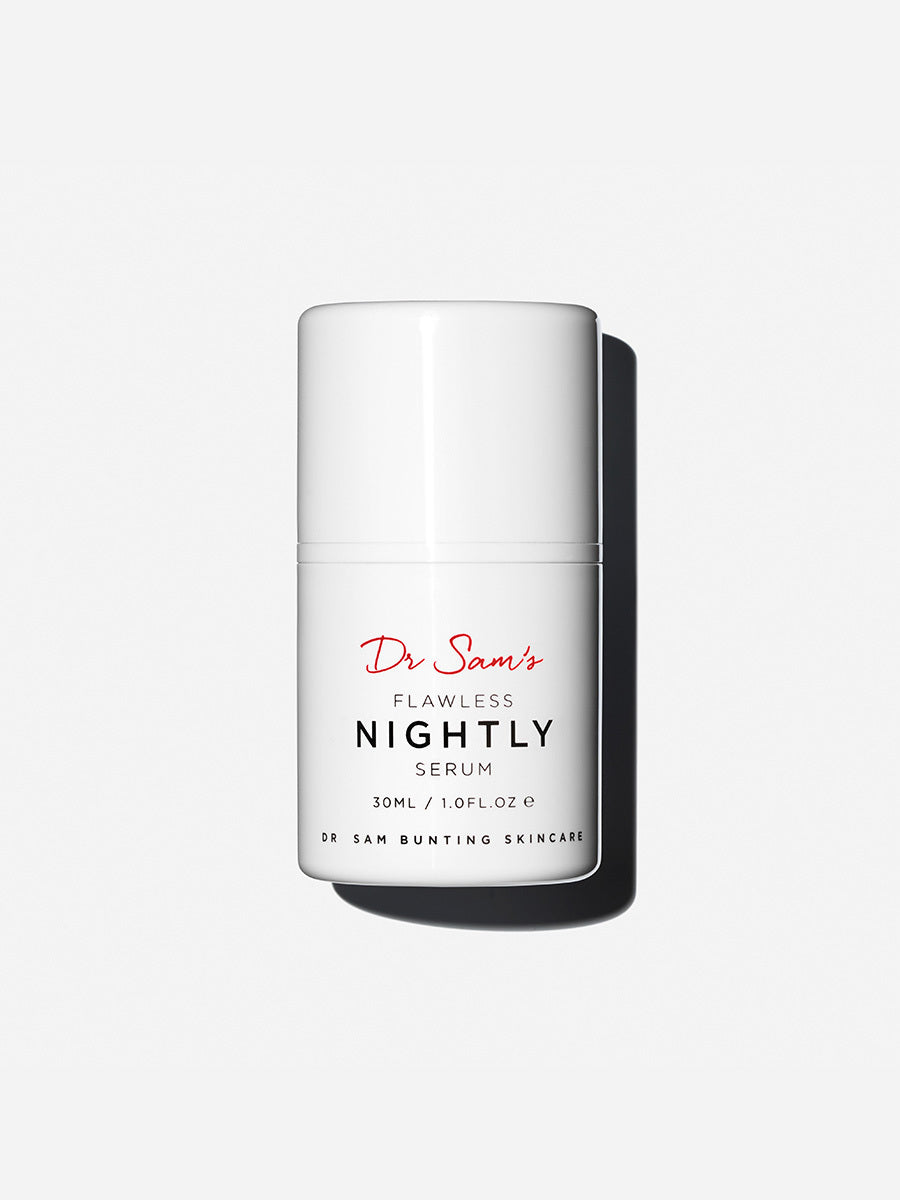
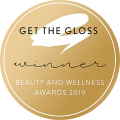
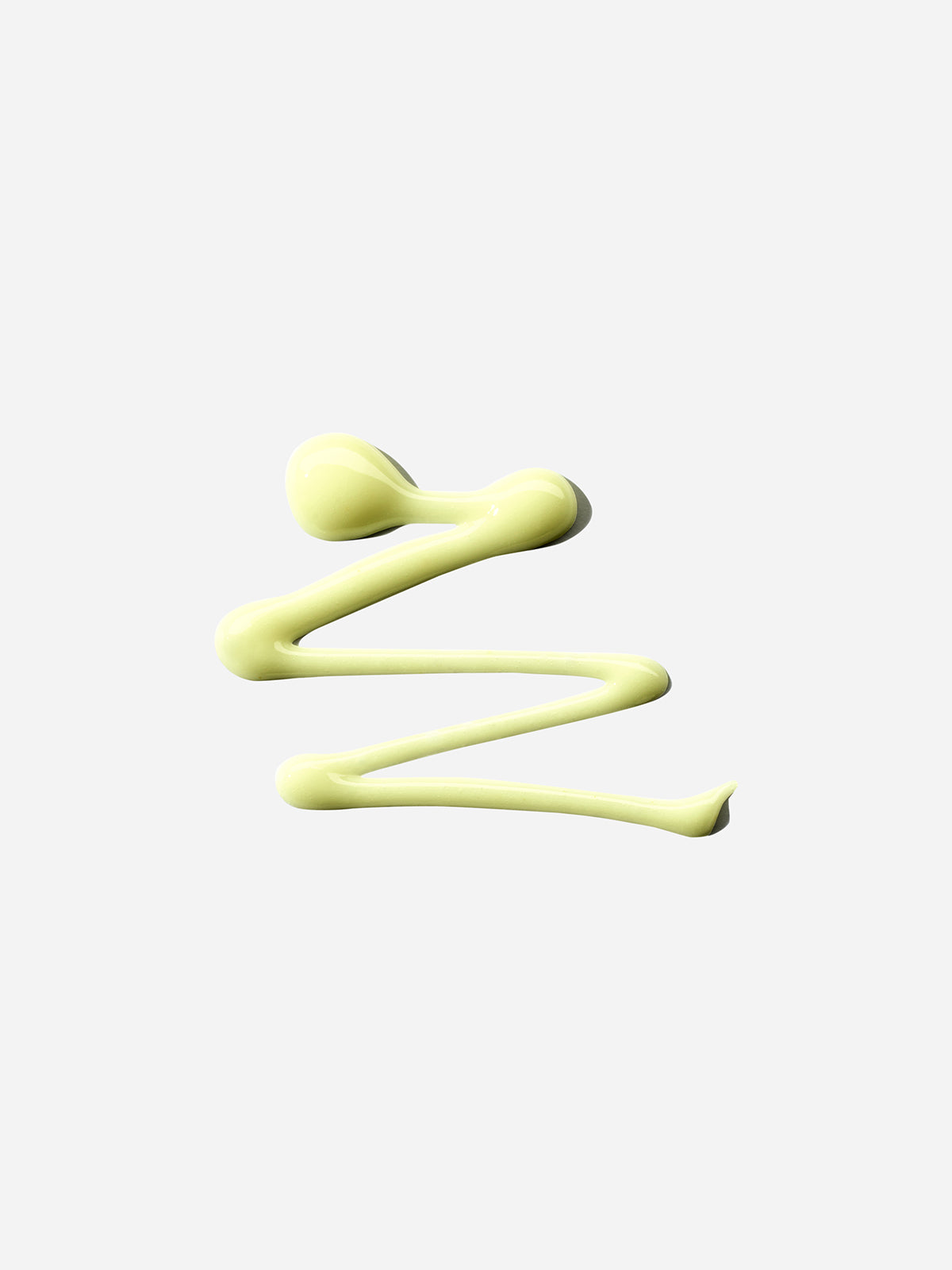
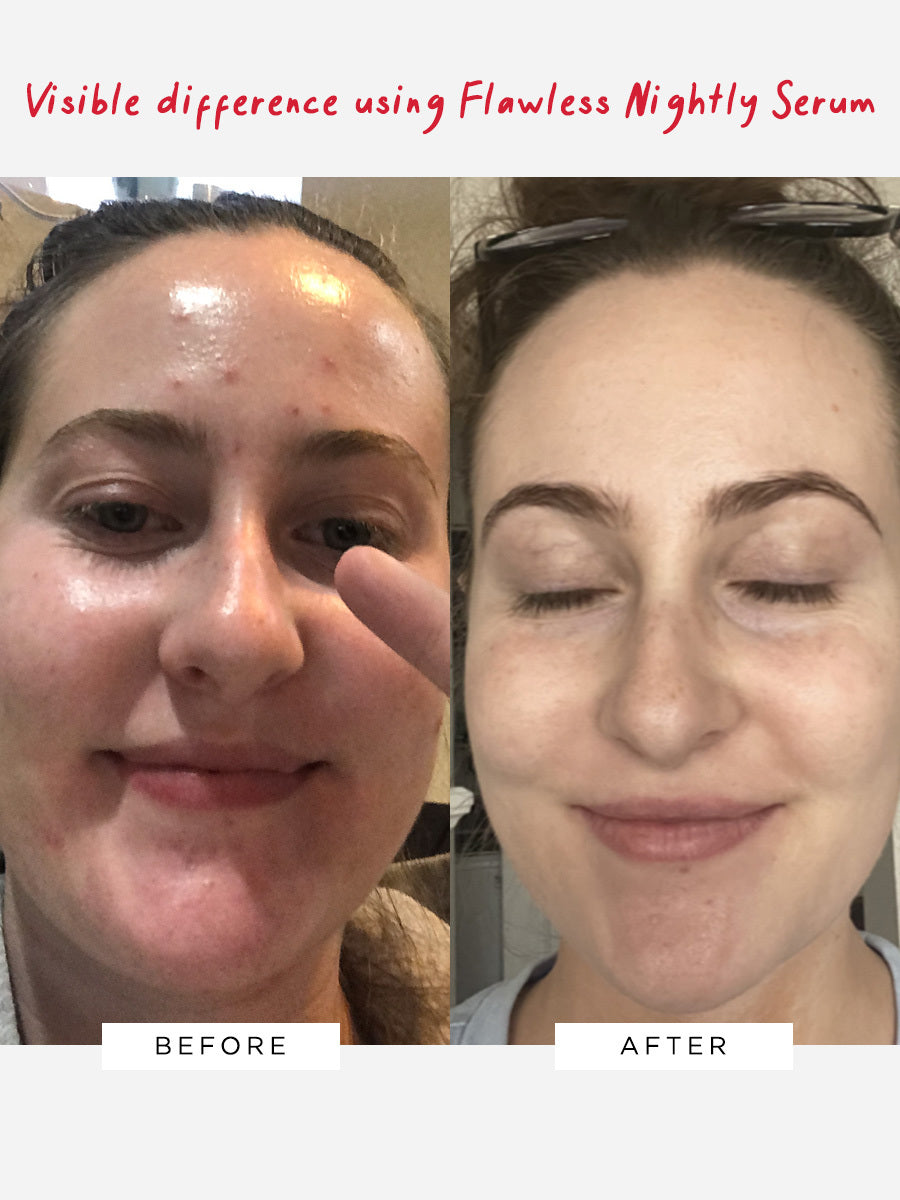
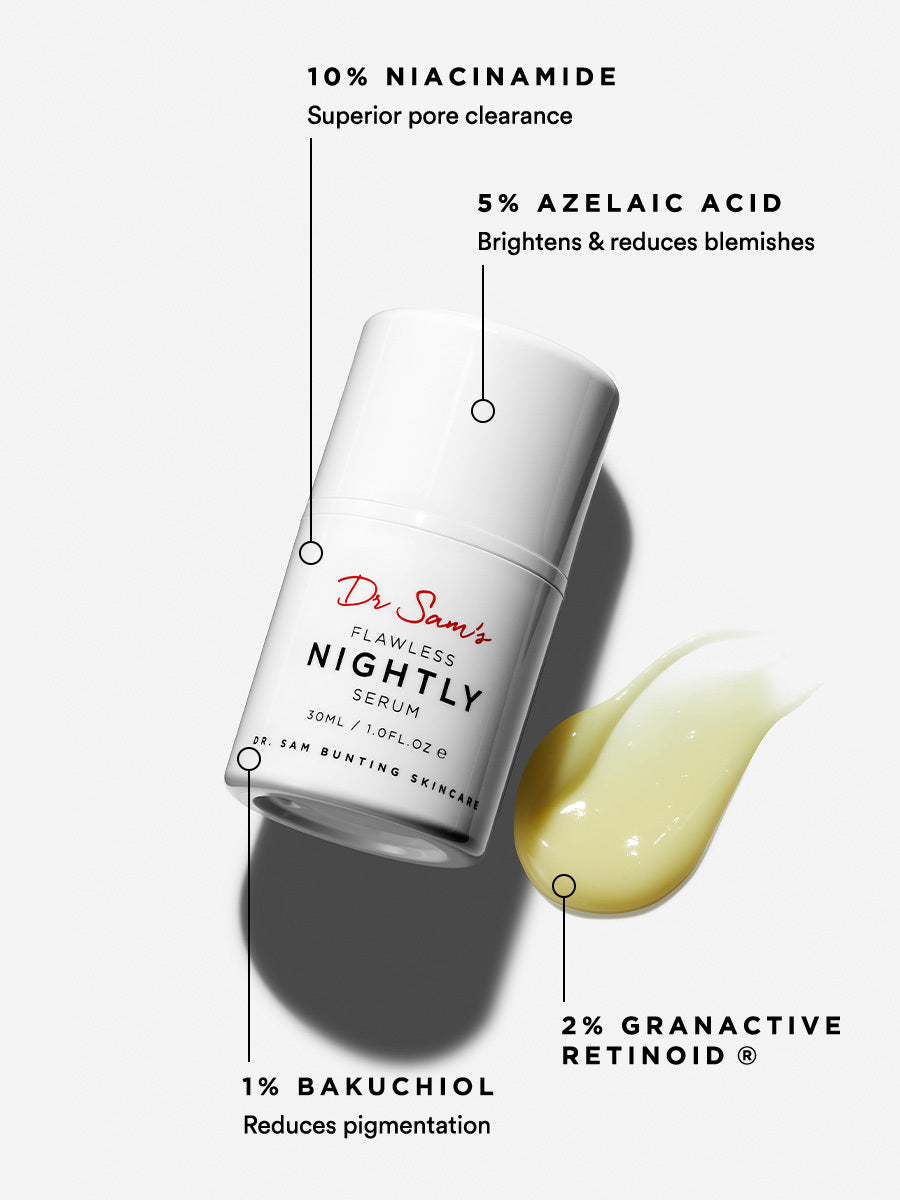
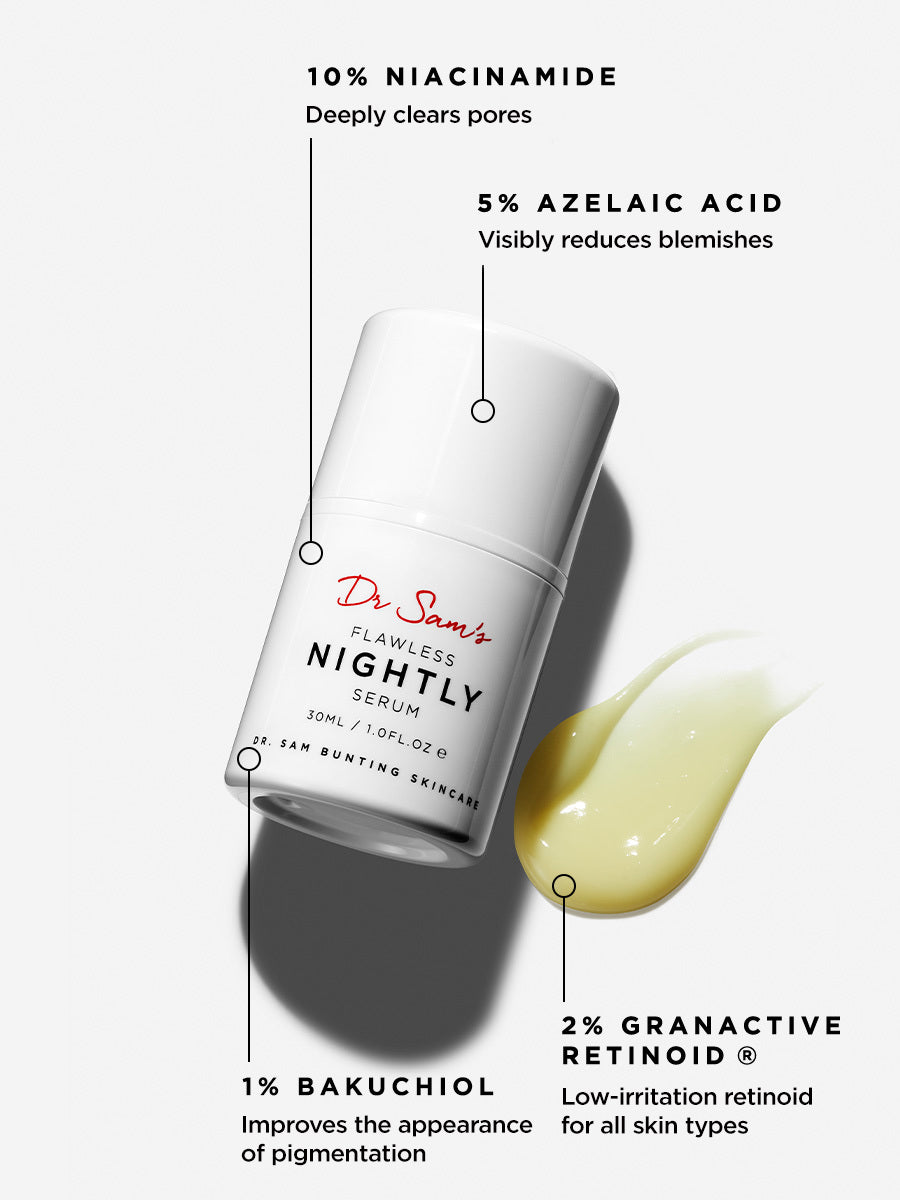
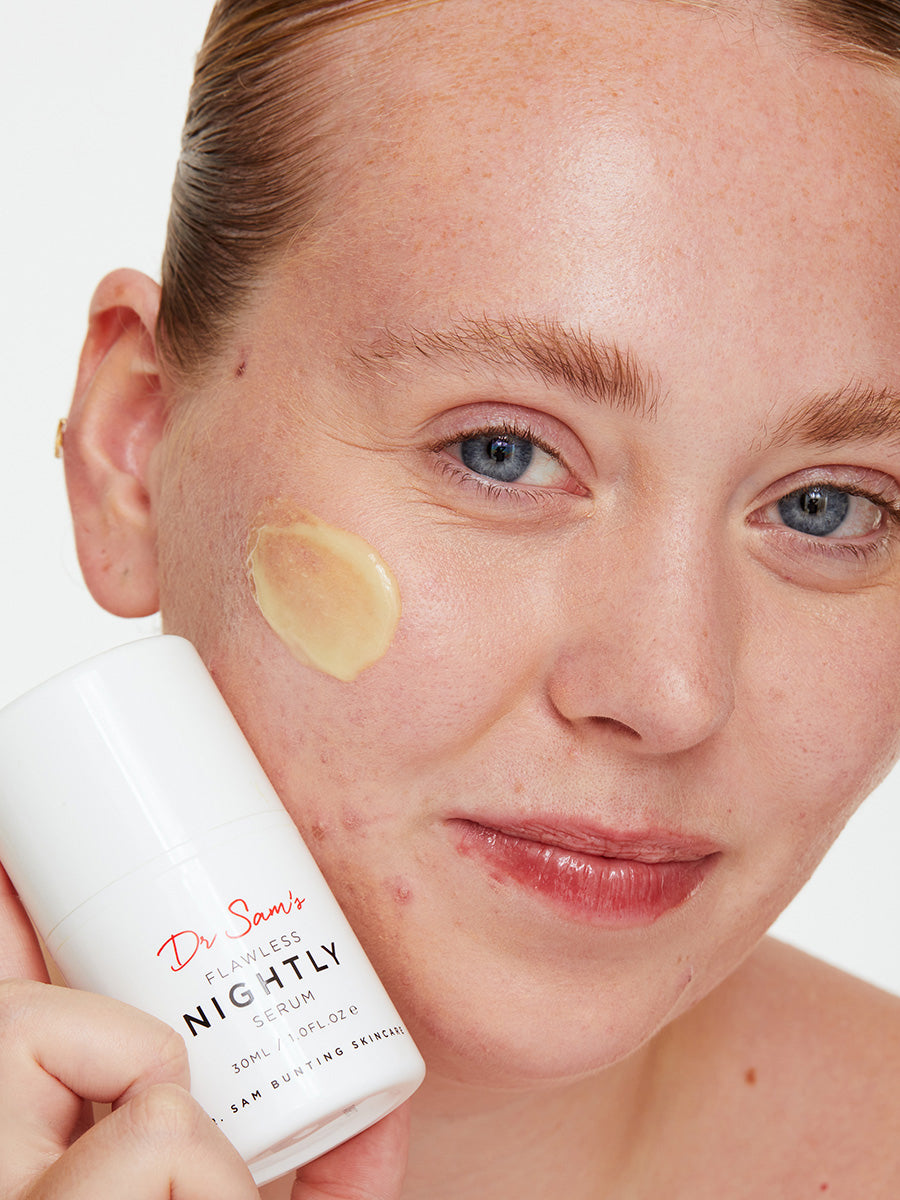
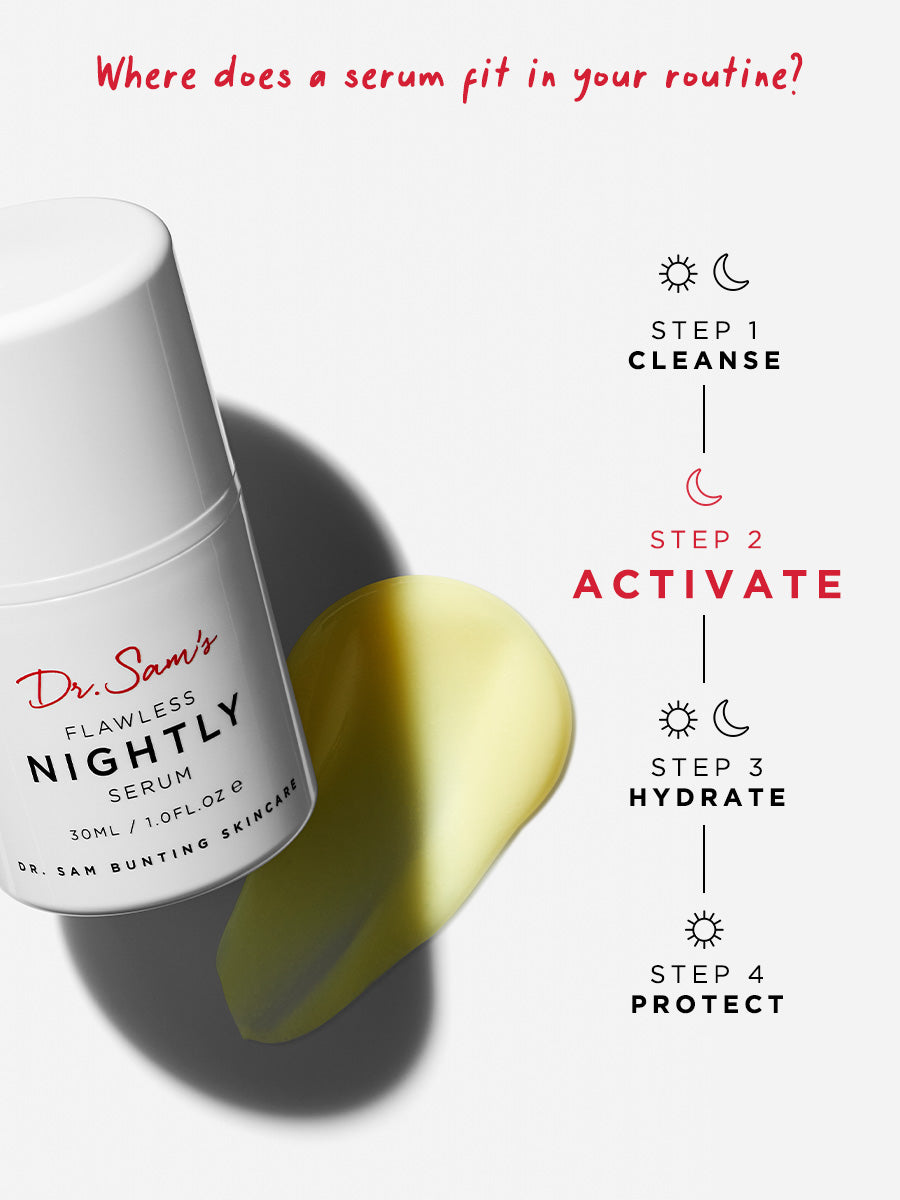
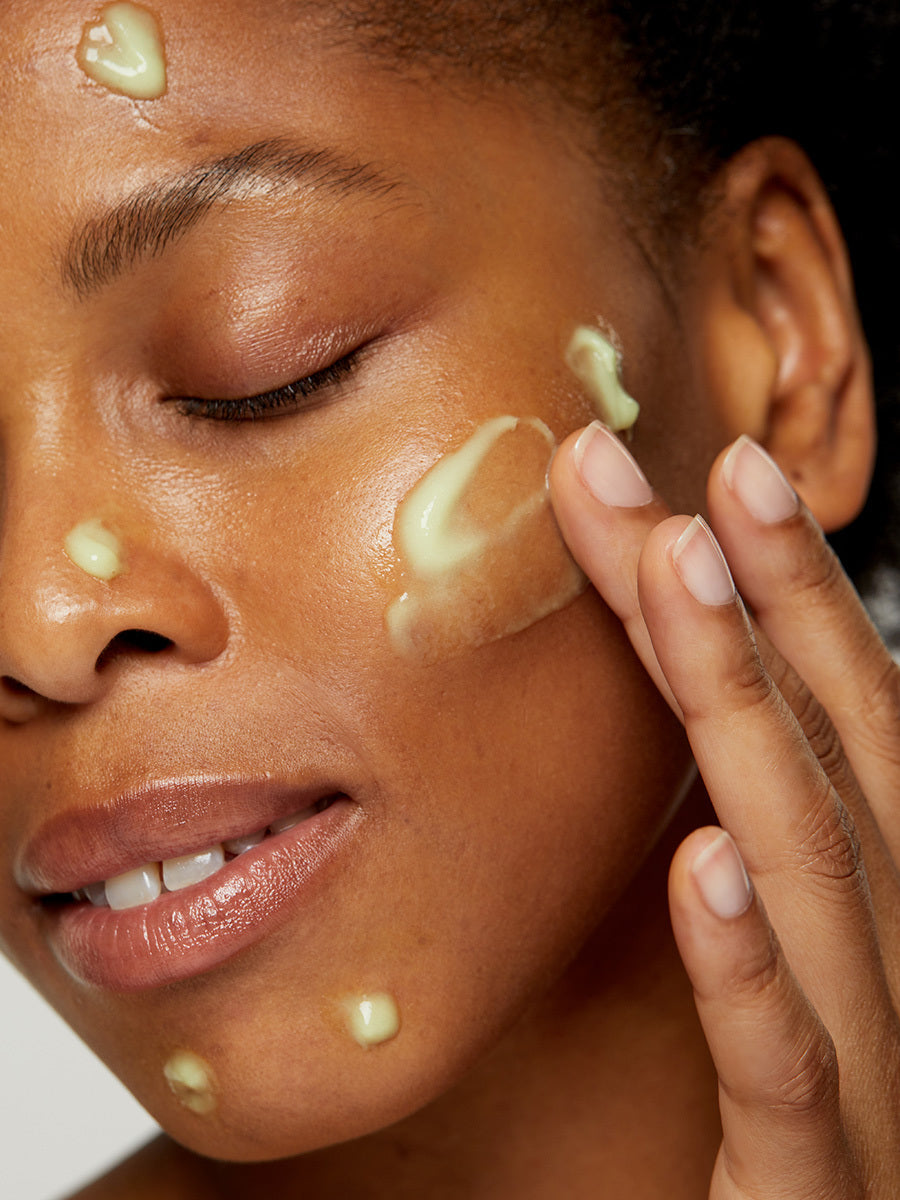
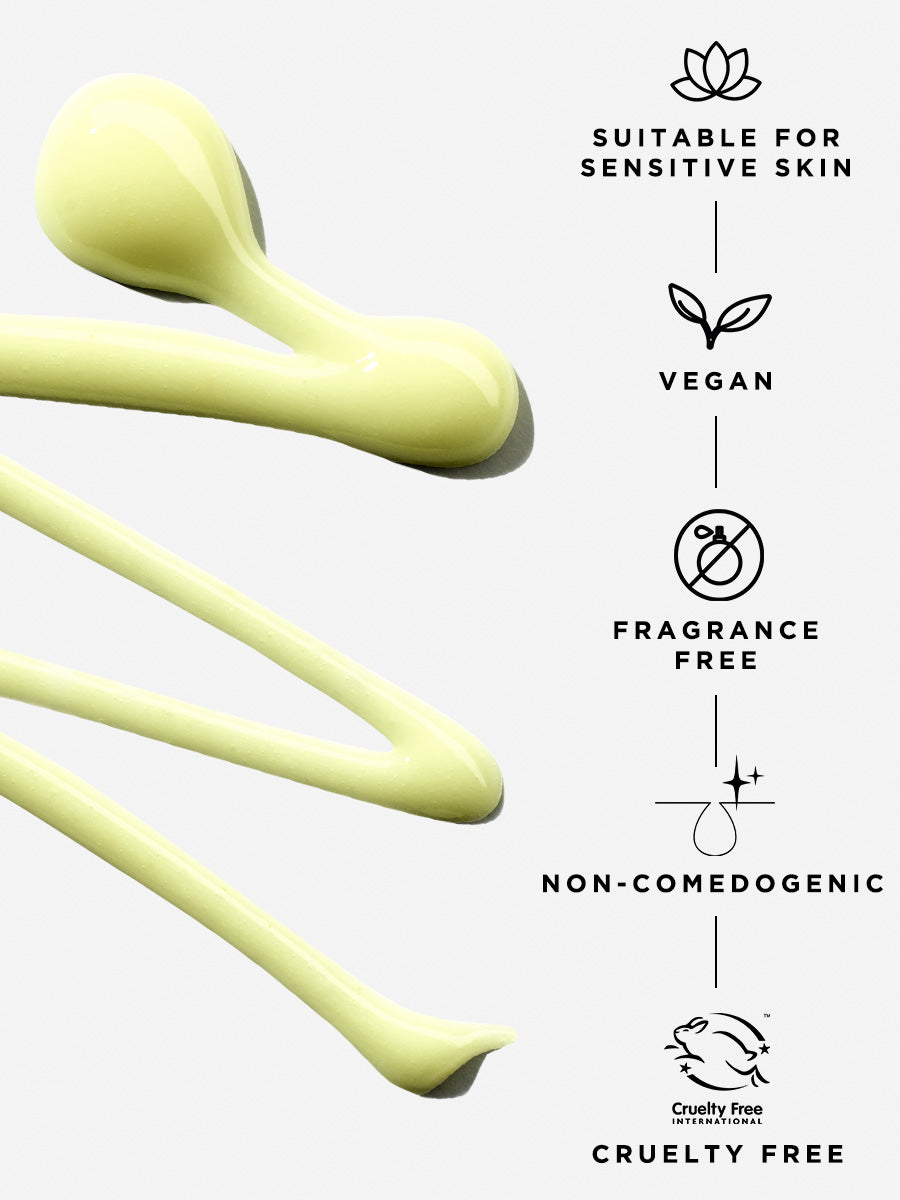
Flawless Nightly 2% Retinoid Serum
An Amplified Active - Niacinamide, Granactive Retinoid®, Azelaic Acid, and Bakuchiol - to deliver that signature Grown-up Glow.
It softens laughter lines, vacuums pores and makes the light love your skin.
Non-Comedogenic and Fragrance Free.
Cruelty-Free. Vegan.
What makes it flawless?
 Just one layer for a grown-up glow
Just one layer for a grown-up glow
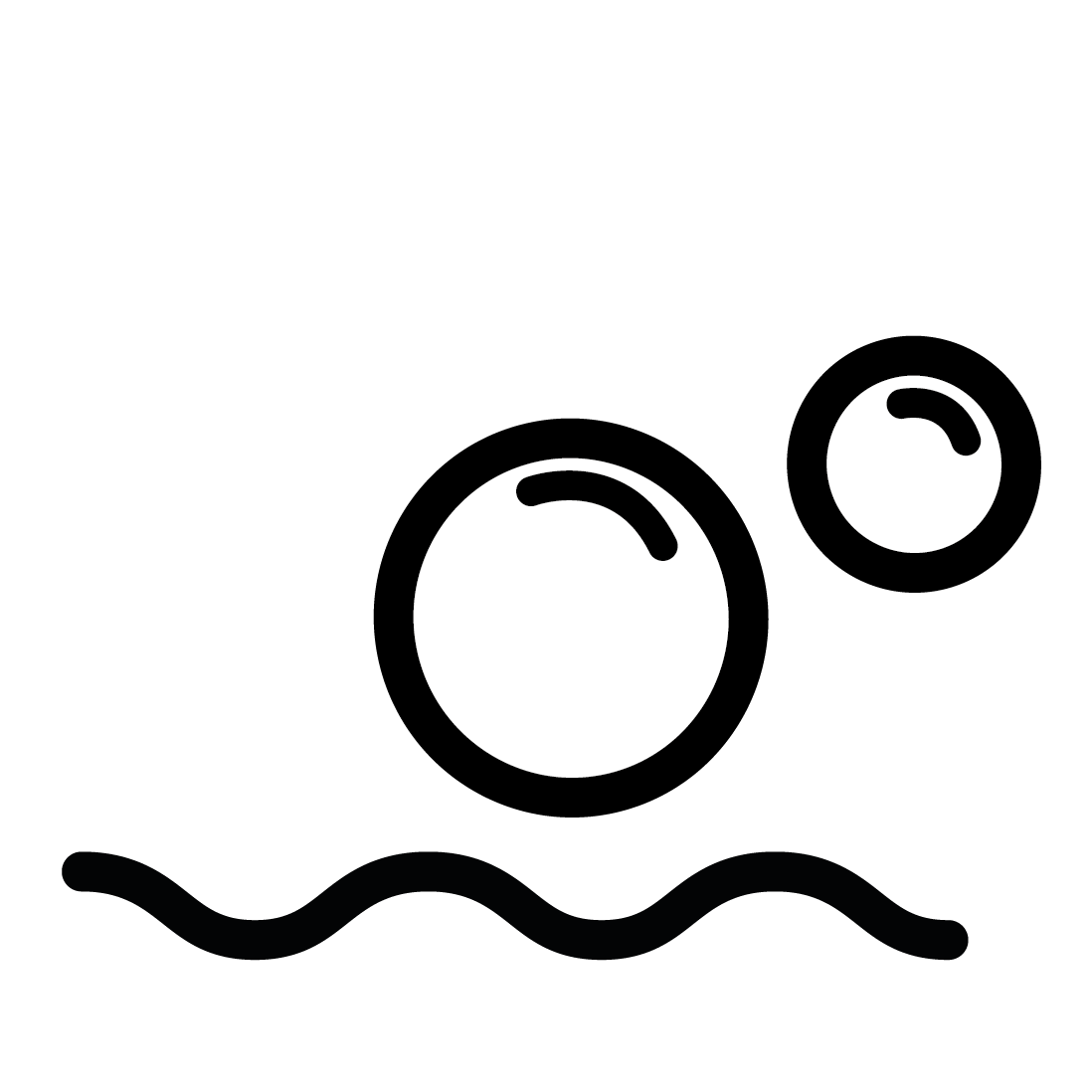 Resurfaces skin texture and softens laughter lines
Resurfaces skin texture and softens laughter lines
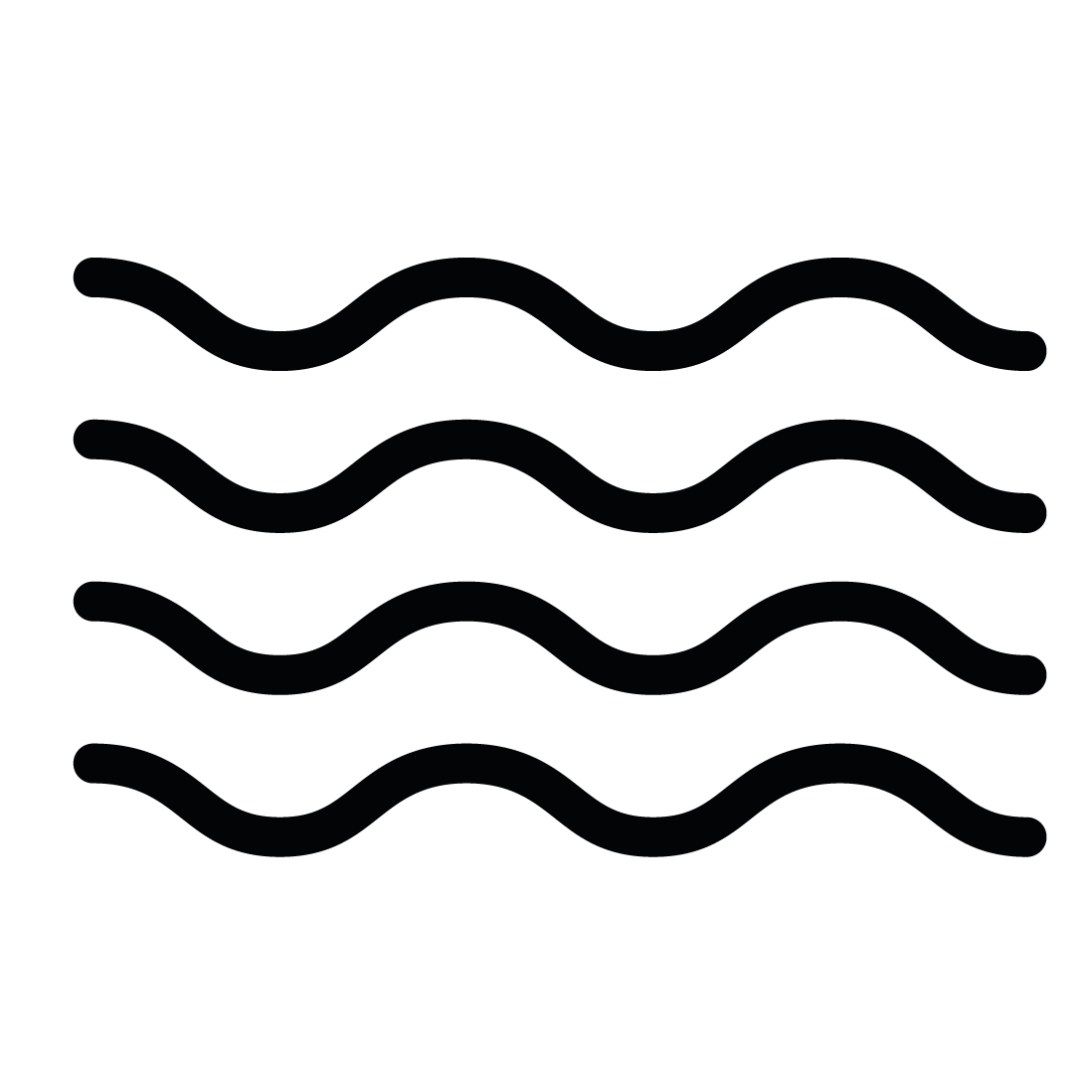 Clears pores + calms blemishes
Clears pores + calms blemishes
Flawless365
What about other prescription treatments for rosacea?
The prescription cream ivermectin (also known as Soolantra) has become my go-to for active flare-ups of the papulopustular variety of rosacea, where you see red blemishes with white-heads in the mid-face. It’s very soothing and has a pleasant skin feel - this delivers reassuringly effective results, giving peace of mind. I tend to use it in bursts - once the flare-up has settled, I’ll transition onto something different for maintenance (usually azelaic acid). Of course, we can also use oral treatments, such as tetracycline antibiotics and isotretinoin, where warranted for more severe cases. The eyes can also be affected by rosacea and again, this is worth consulting a physician to discuss.
Products I Recommend
Cleansers
Cerave Hydrating Cleanser
Dr Sam’s Flawless Cleanser
La Roche-Posay Toleriane Dermo-Cleanser
Anti-inflammatory - Azelaic Acid
Dr Sam’s Flawless Brightly Serum
The Ordinary 10% Azelaic Acid
Moisturisers
Normal / combination:
Cerave Moisturising Lotion
Dr Sam’s Flawless Moisturiser (with niacinamide)
Dr Sam’s Flawless Moisturiser Light (with ceramides)
Avène Tolérance Extreme Emulsion
Normal / Dry:
Dr Sam’s Flawless Moisturiser Intense
Obagi Hydrate
Sunscreens
Combination / Oily:
Dr Sam’s Flawless Daily Sunscreen SPF50
Elta MD UV Clear SPF 46
Normal / Dry:
Dr Sam's Flawless Gossamer Untinted SPF 50
La Roche Posay Anthelios Comfort Cream
Jan Marini Physical Protectant SPF45
Cleansers
Cerave Hydrating Cleanser
Dr Sam’s Flawless Cleanser
La Roche-Posay Toleriane Dermo-Cleanser
Anti-inflammatory - Azelaic Acid
Dr Sam’s Flawless Brightly Serum
The Ordinary 10% Azelaic Acid
Moisturisers
Normal / combination:
Cerave Moisturising Lotion
Dr Sam’s Flawless Moisturiser (with niacinamide)
Dr Sam’s Flawless Moisturiser Light (with ceramides)
Avène Tolérance Extreme Emulsion
Normal / Dry:
Dr Sam’s Flawless Moisturiser Intense
Obagi Hydrate
Sunscreens
Combination / Oily:
Dr Sam’s Flawless Daily Sunscreen SPF50
Elta MD UV Clear SPF 46
Normal / Dry:
Dr Sam's Flawless Gossamer Untinted SPF 50
La Roche Posay Anthelios Comfort Cream
Jan Marini Physical Protectant SPF45
Final thoughts
It’s vital to have a long-term view on this as a rosy complexion and rosacea tends to hang around - but you can absolutely influence problem progression when you put the right skincare foundations in early so it’s worth doing the work.

